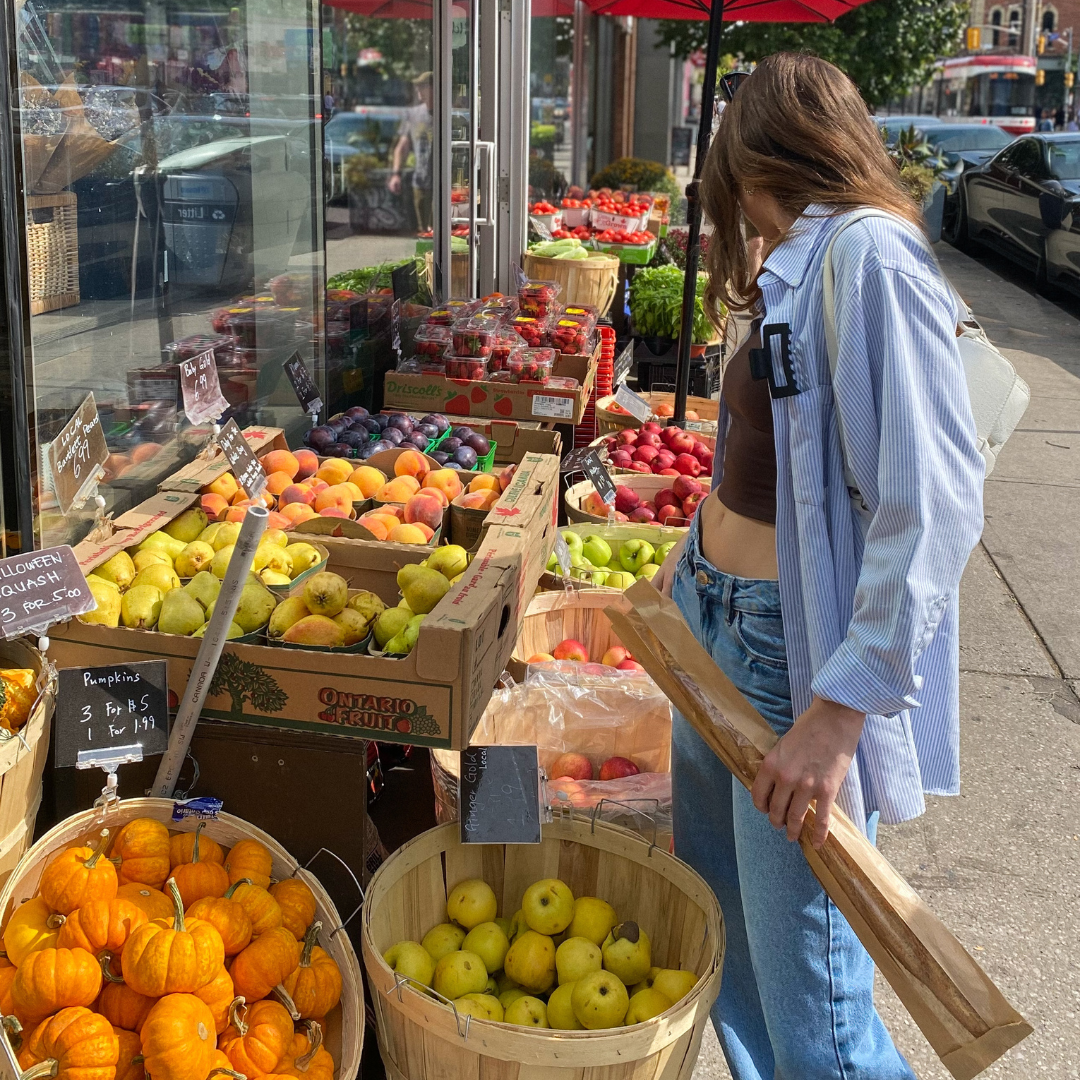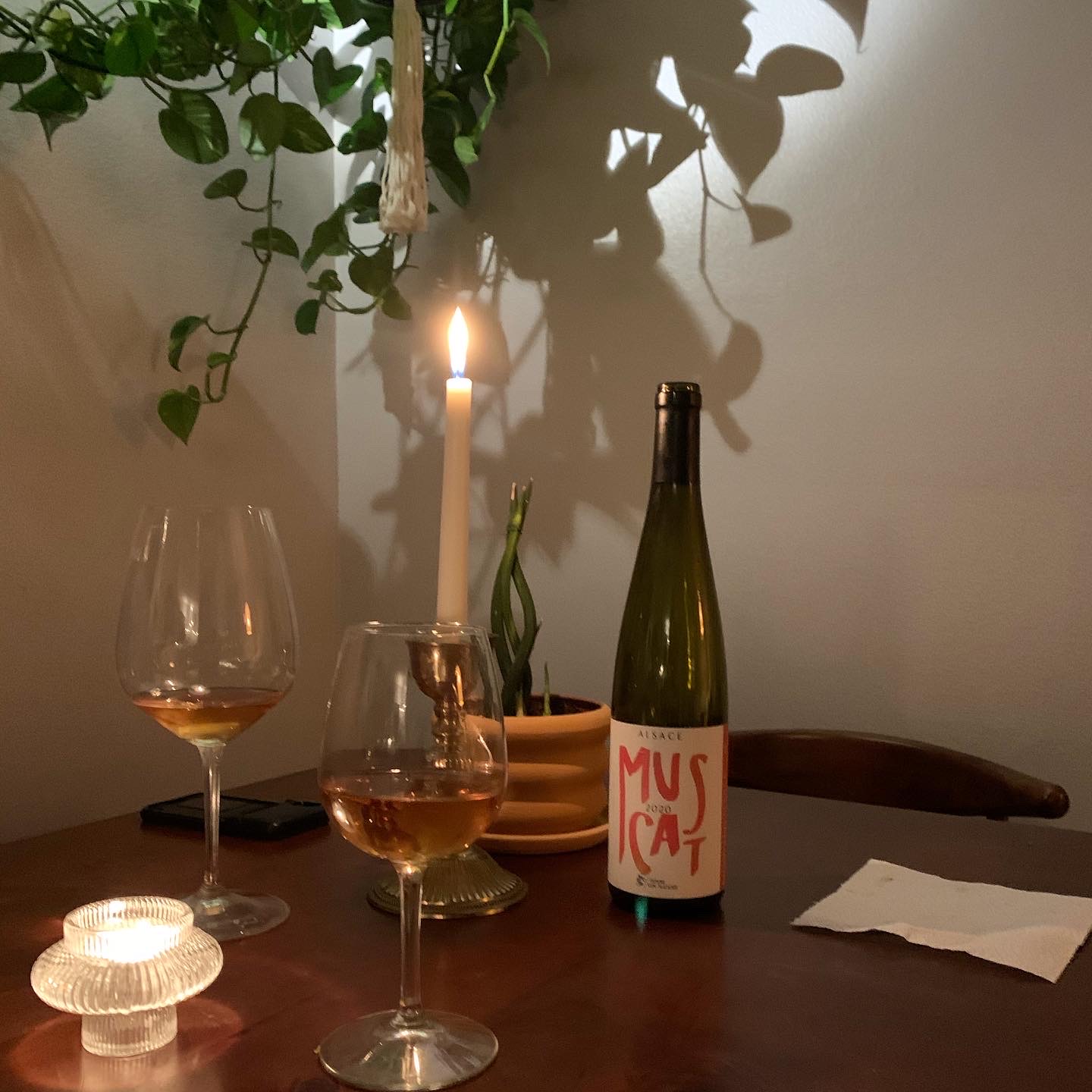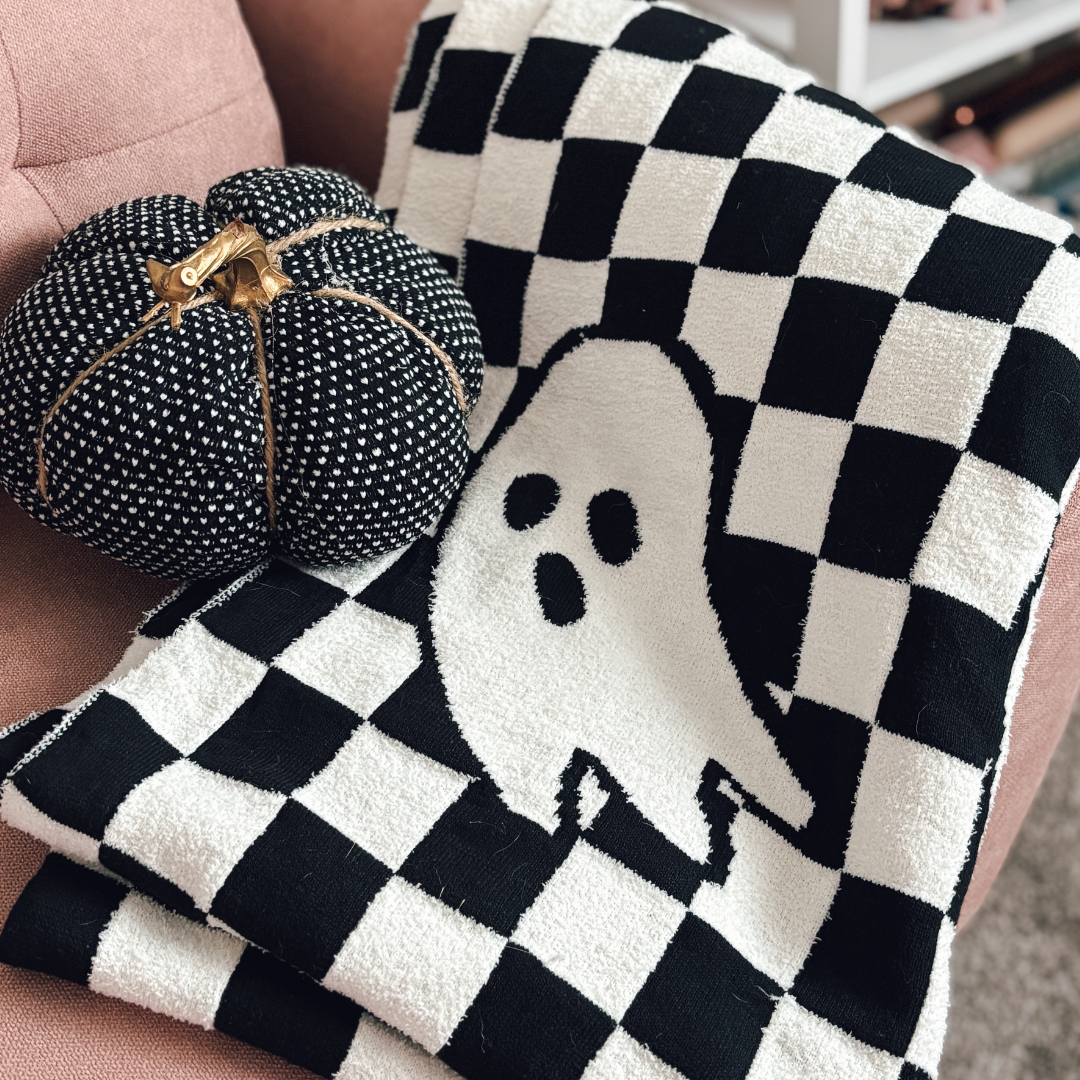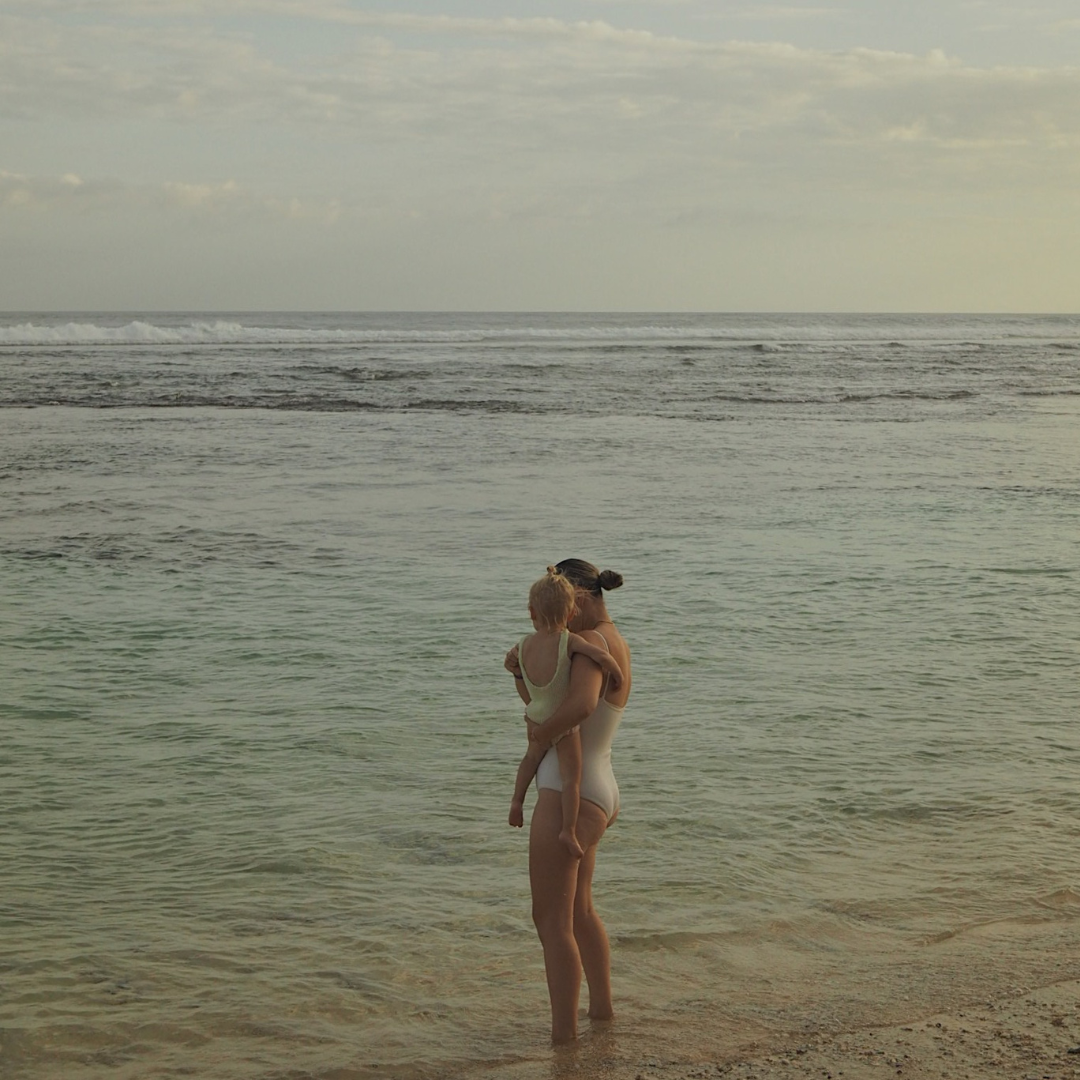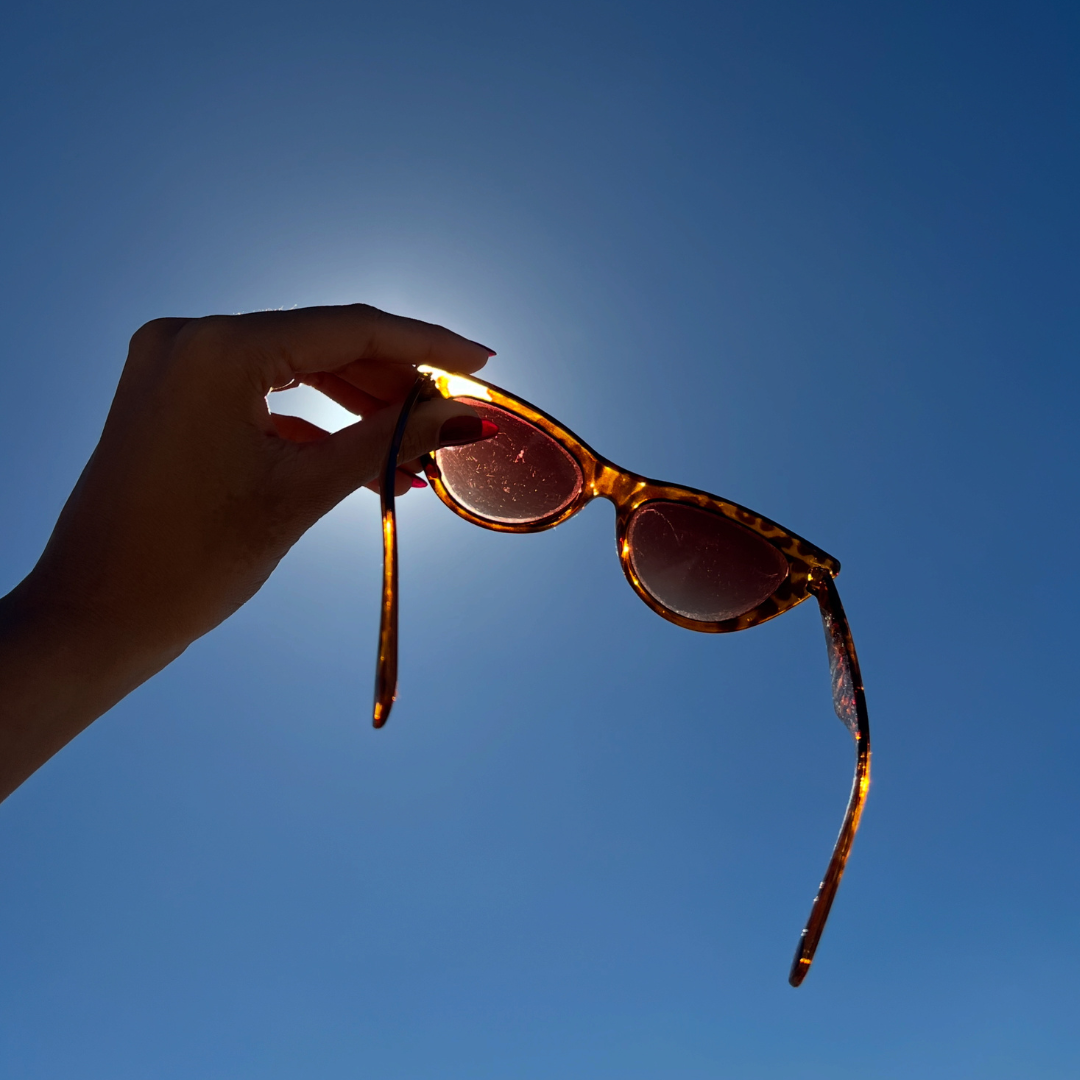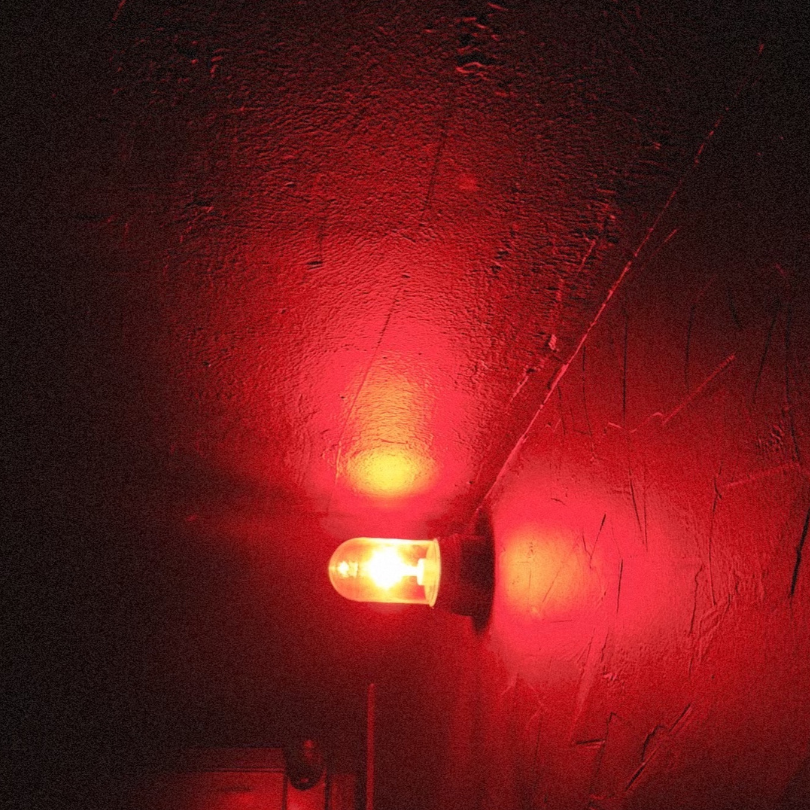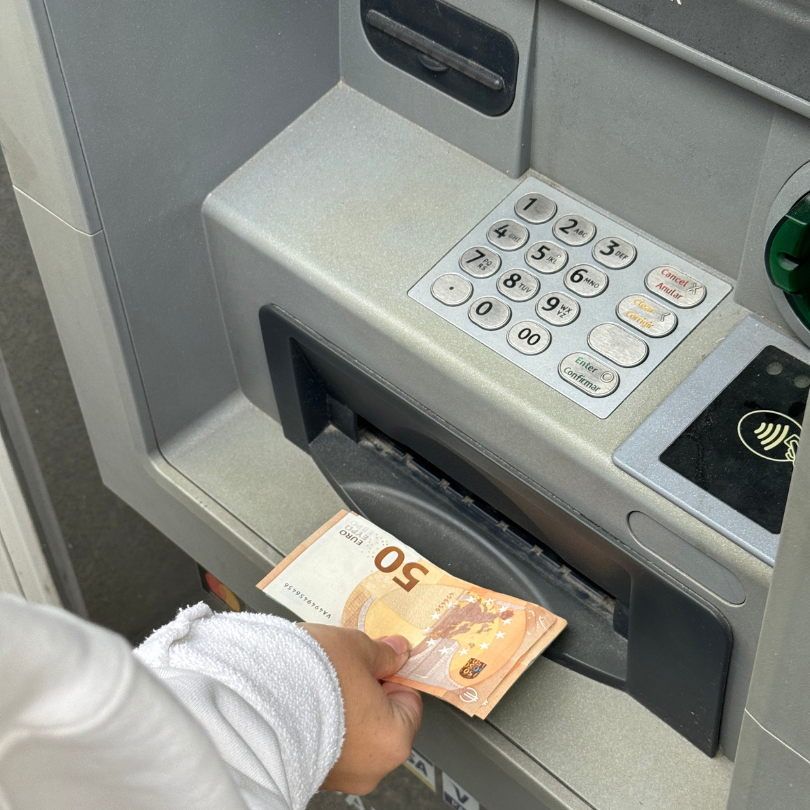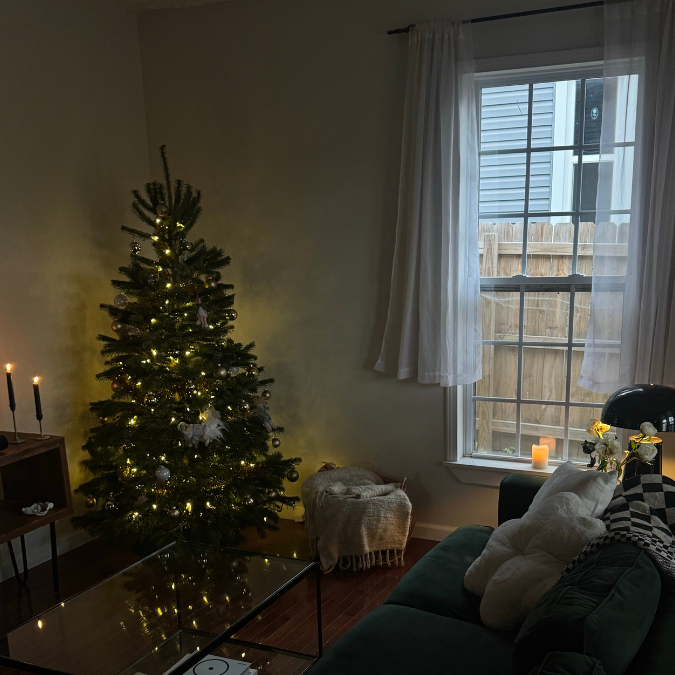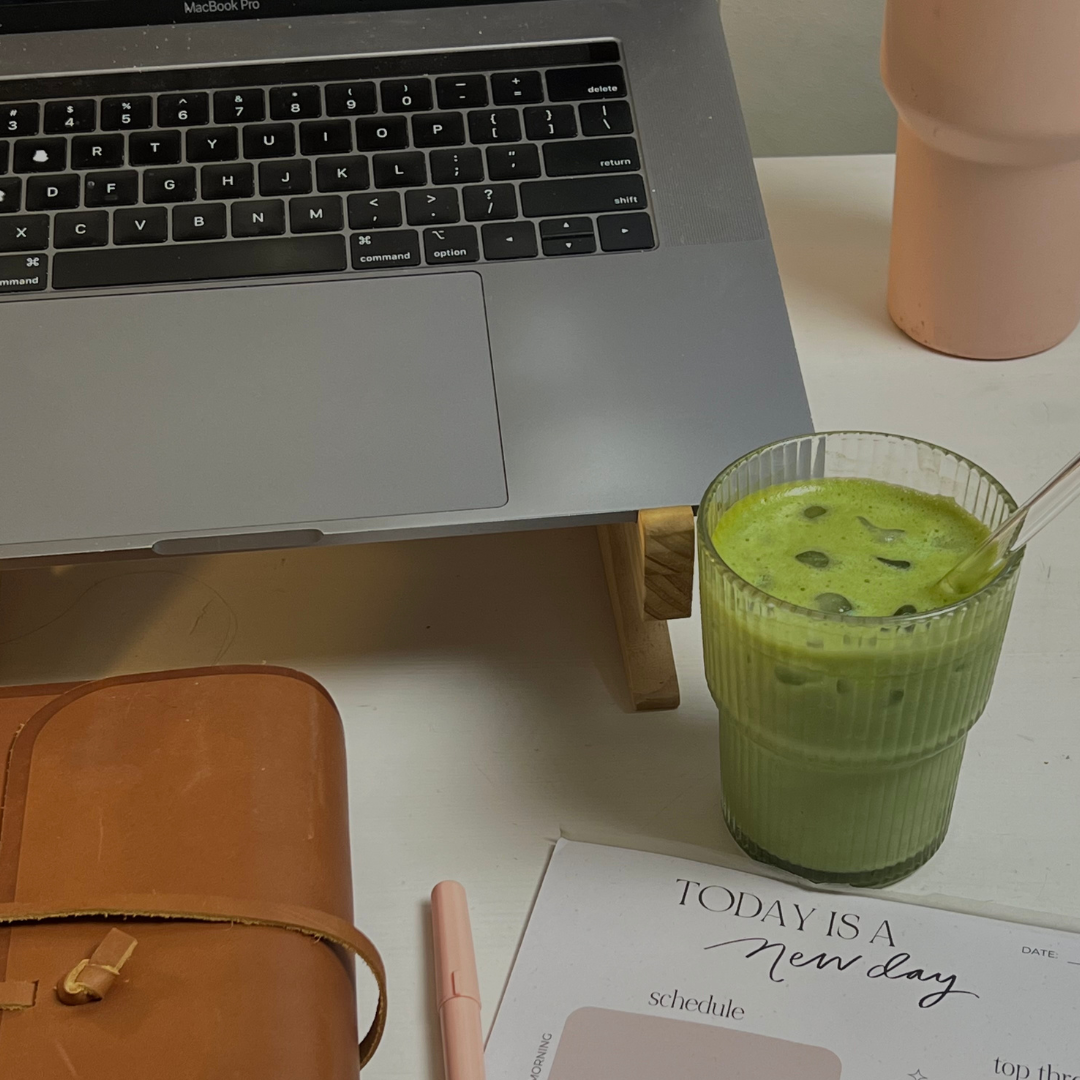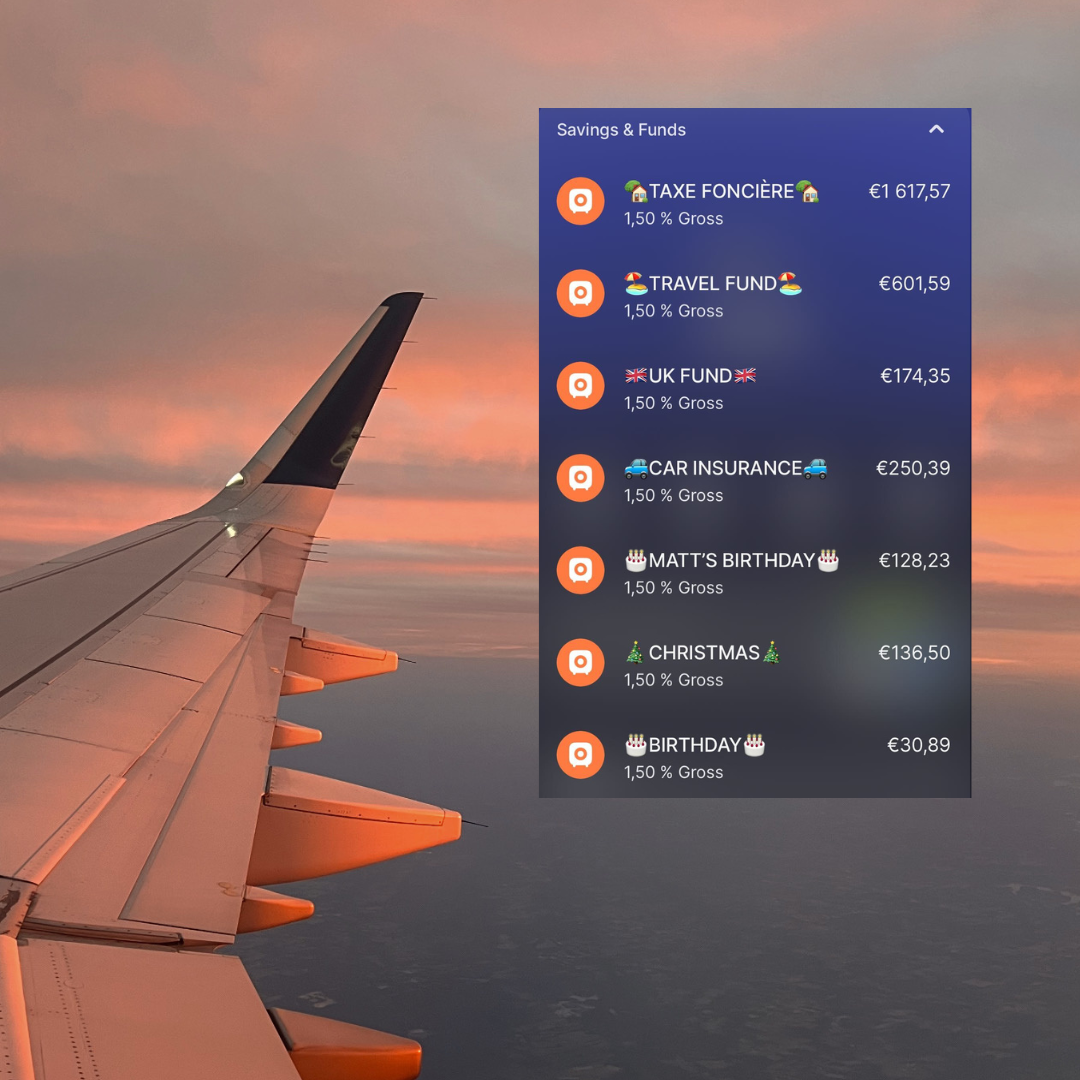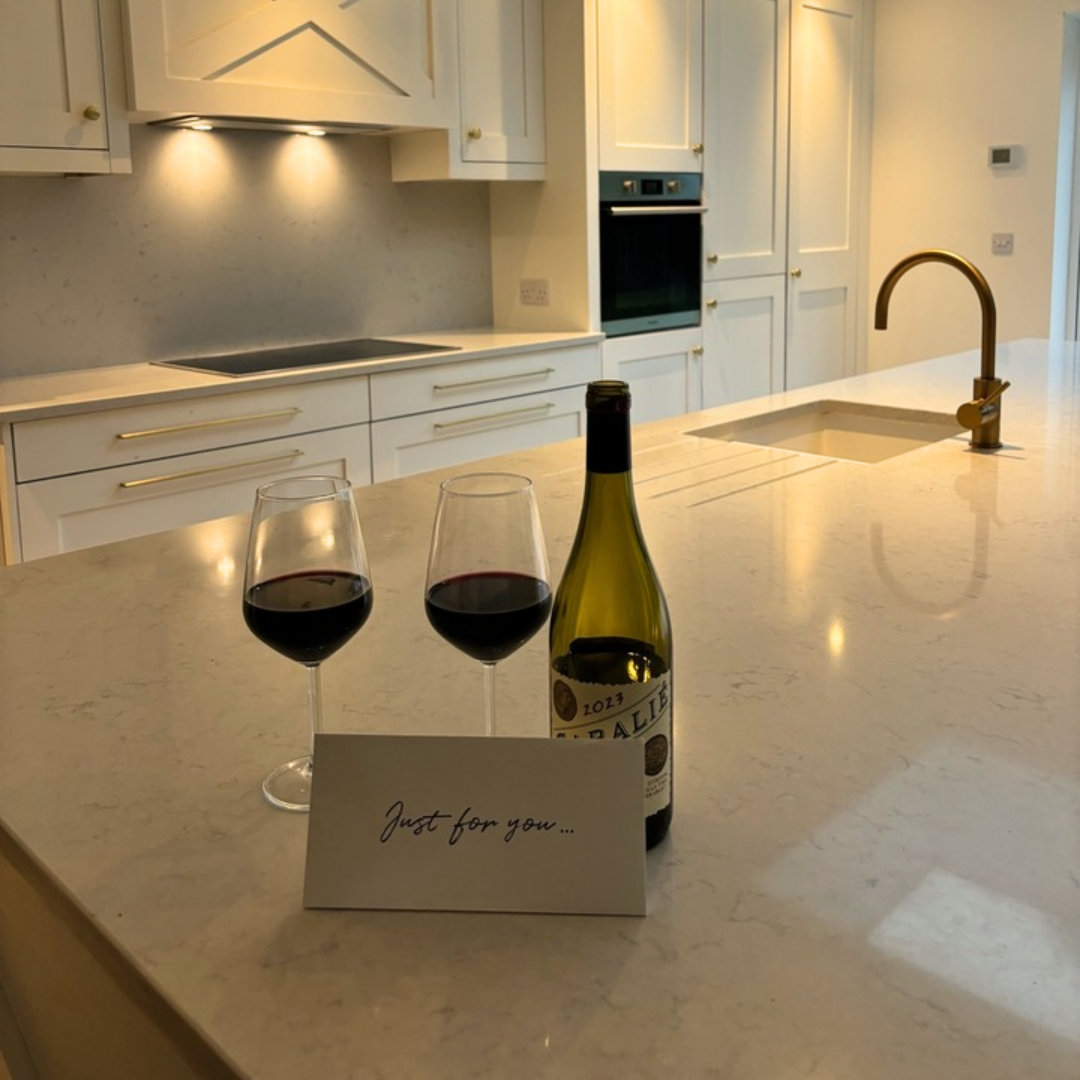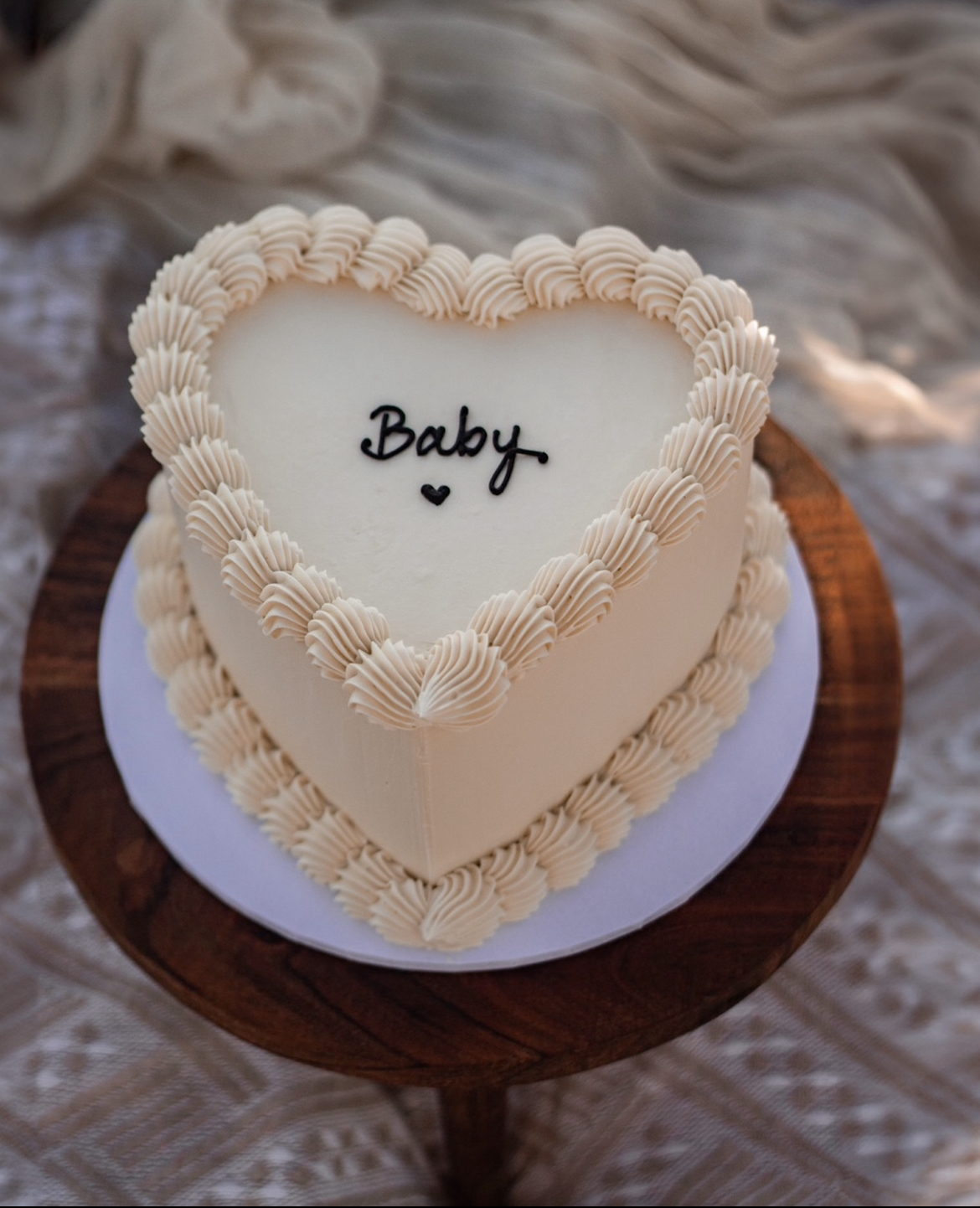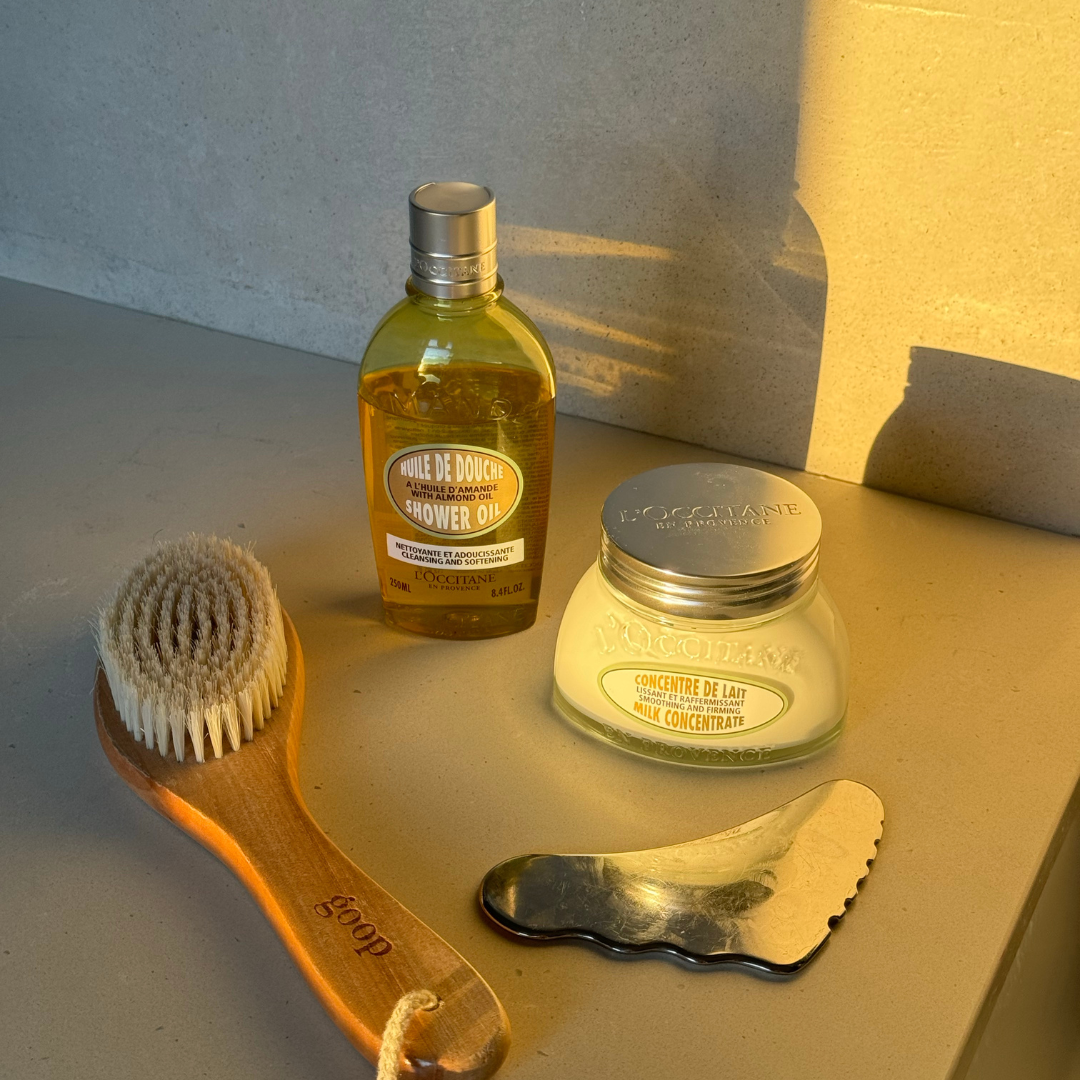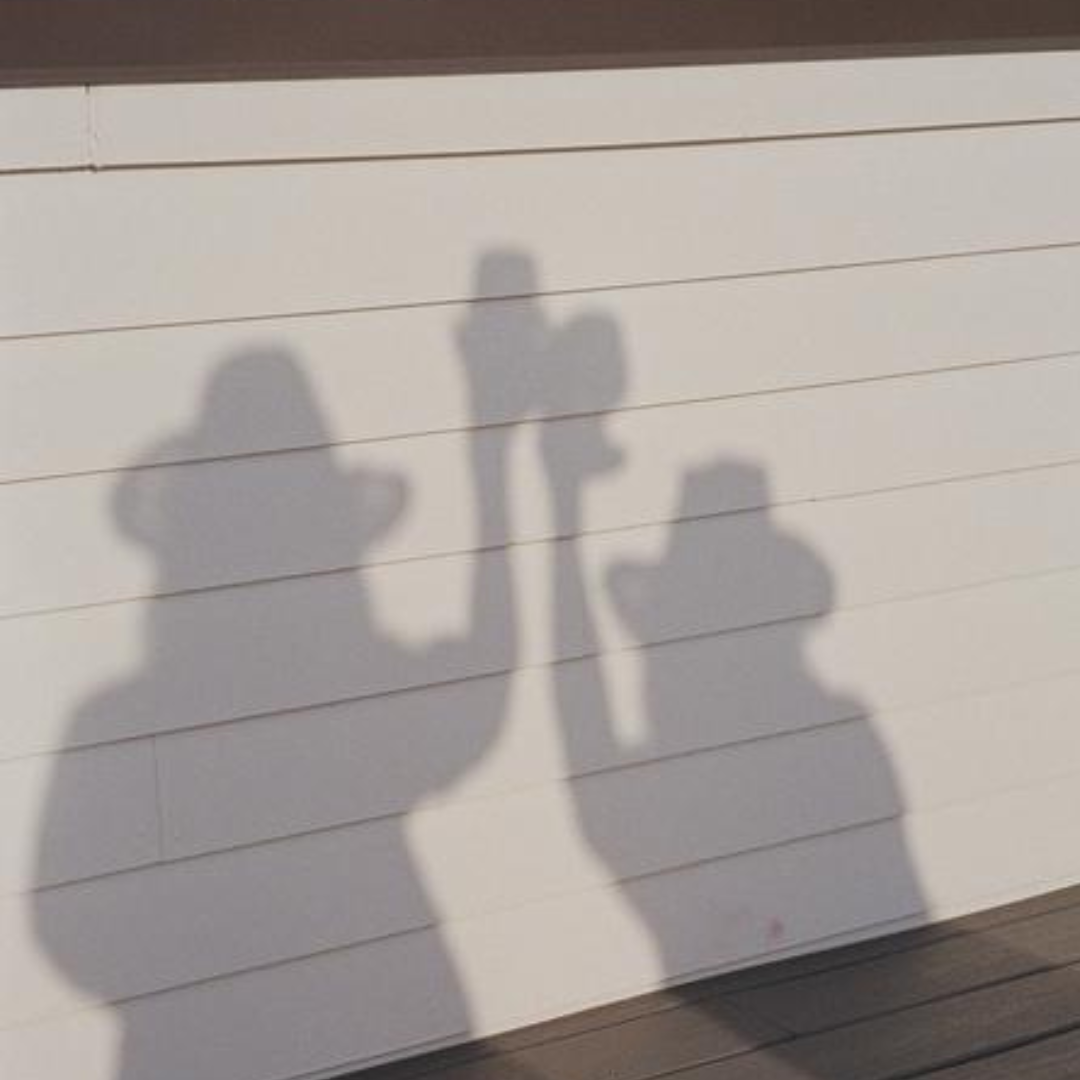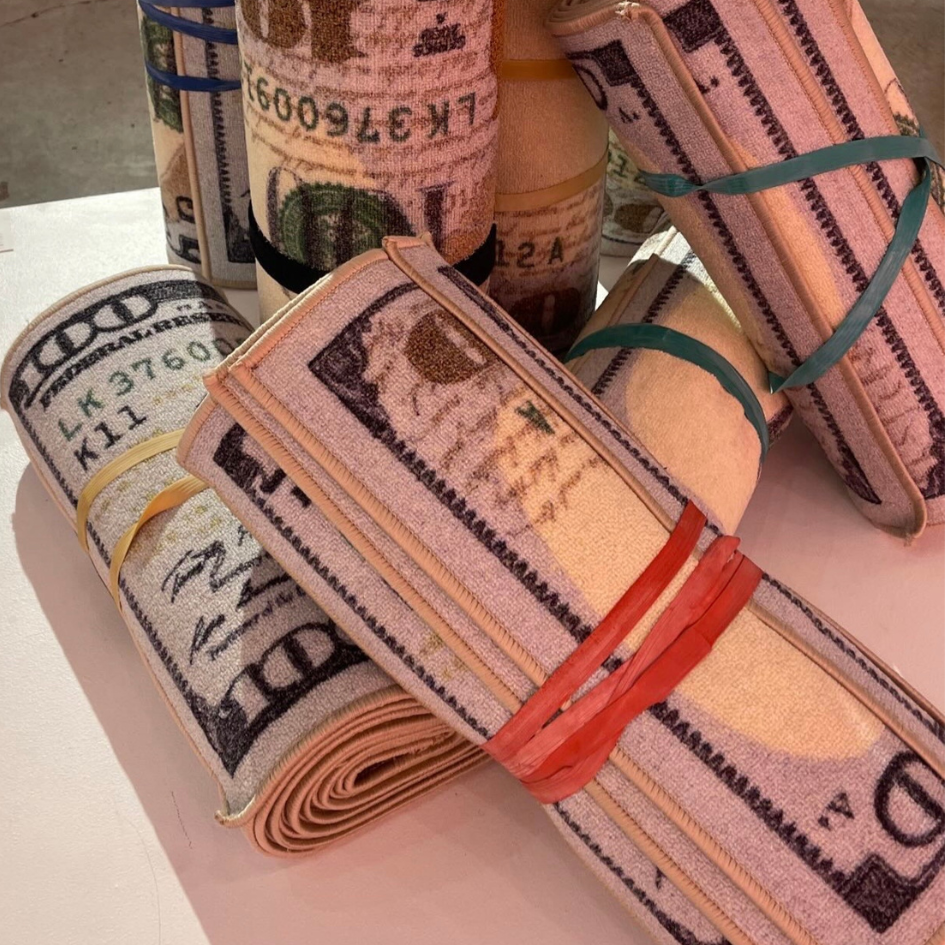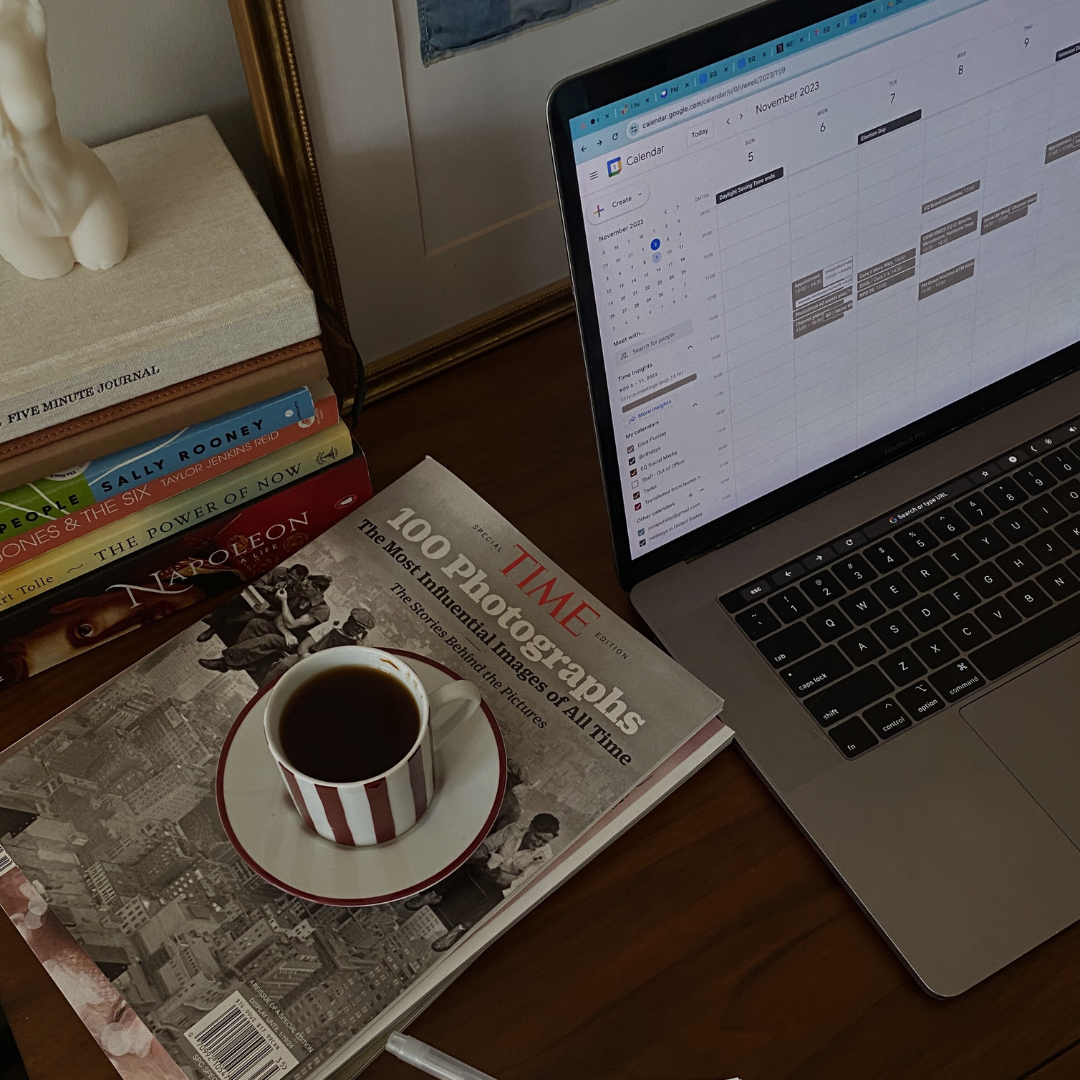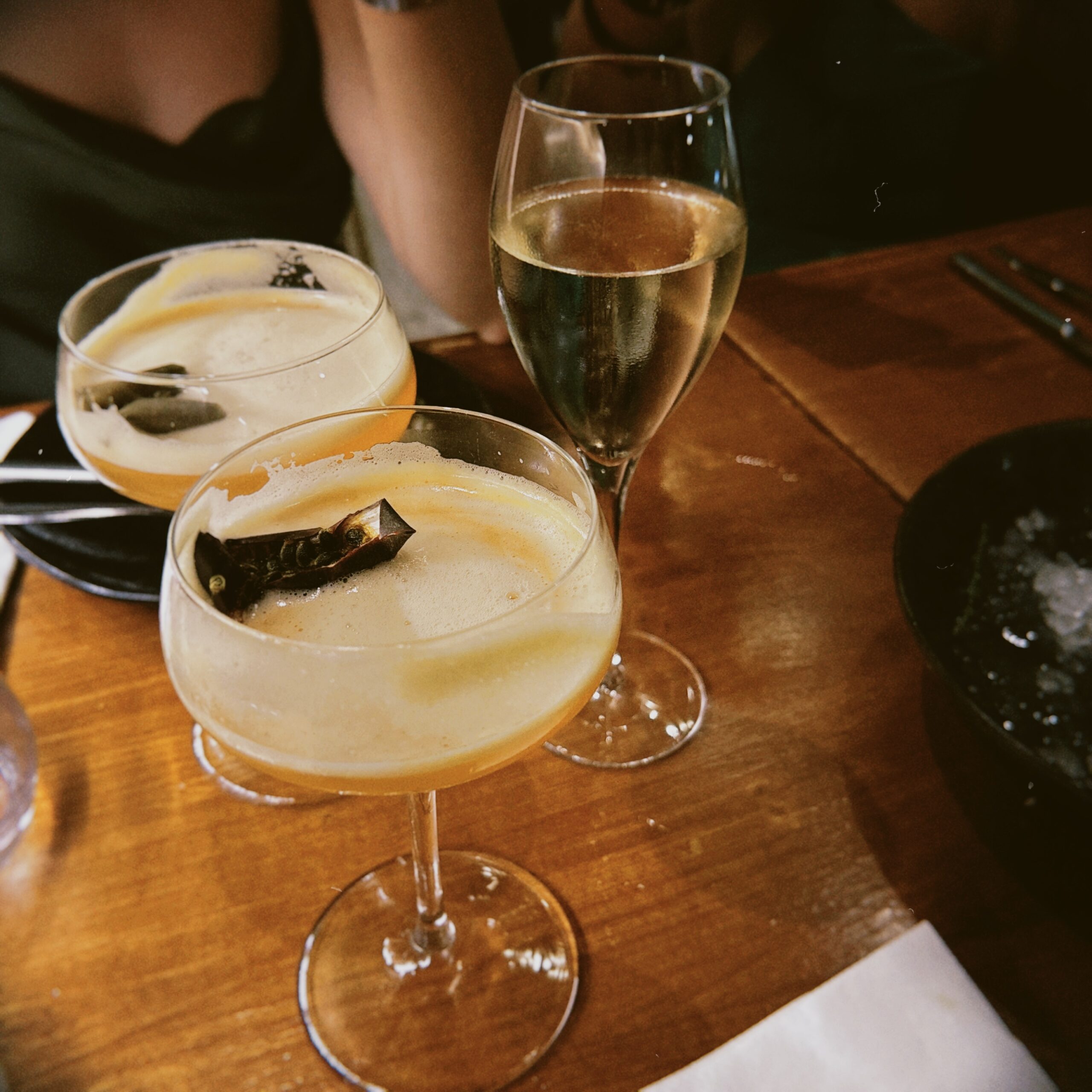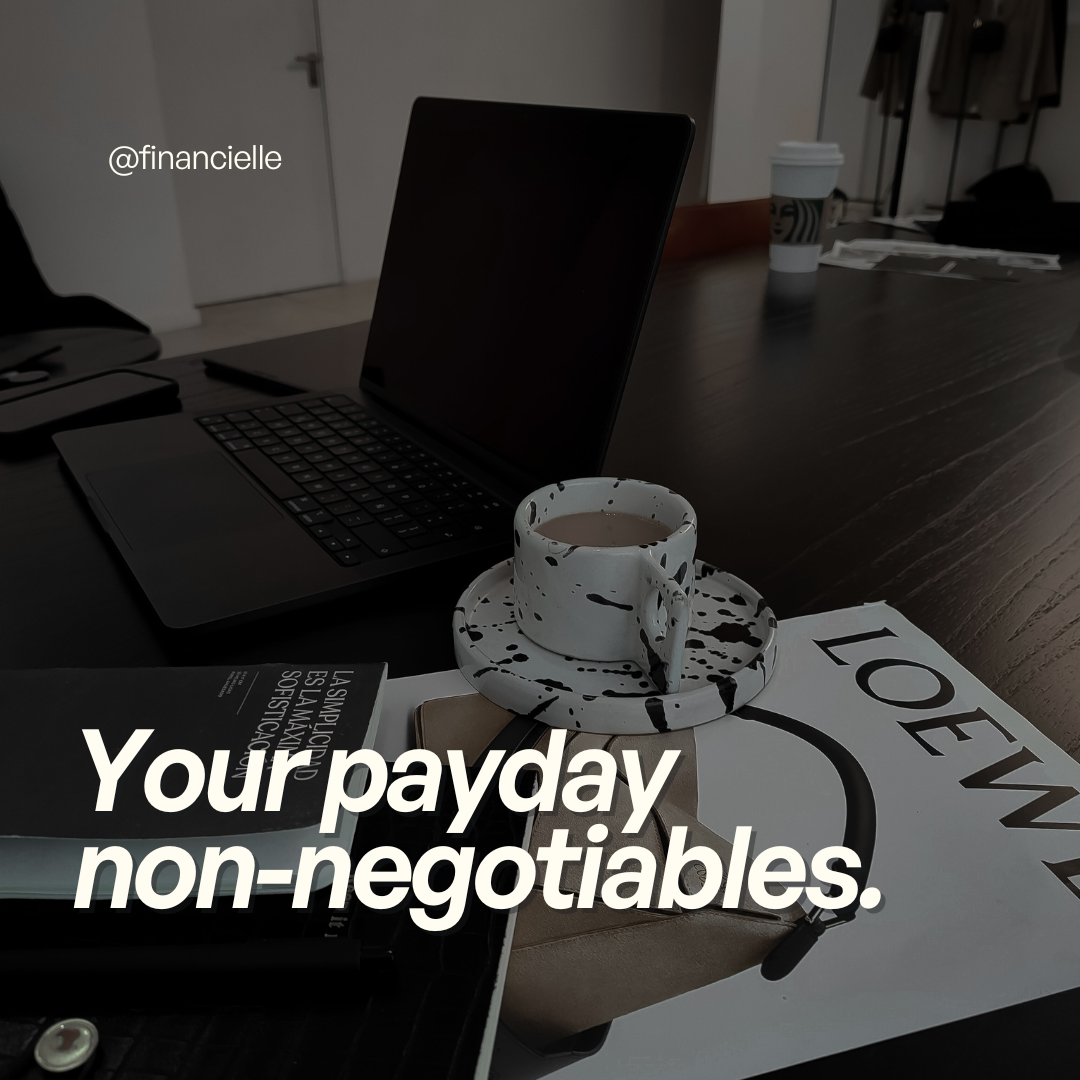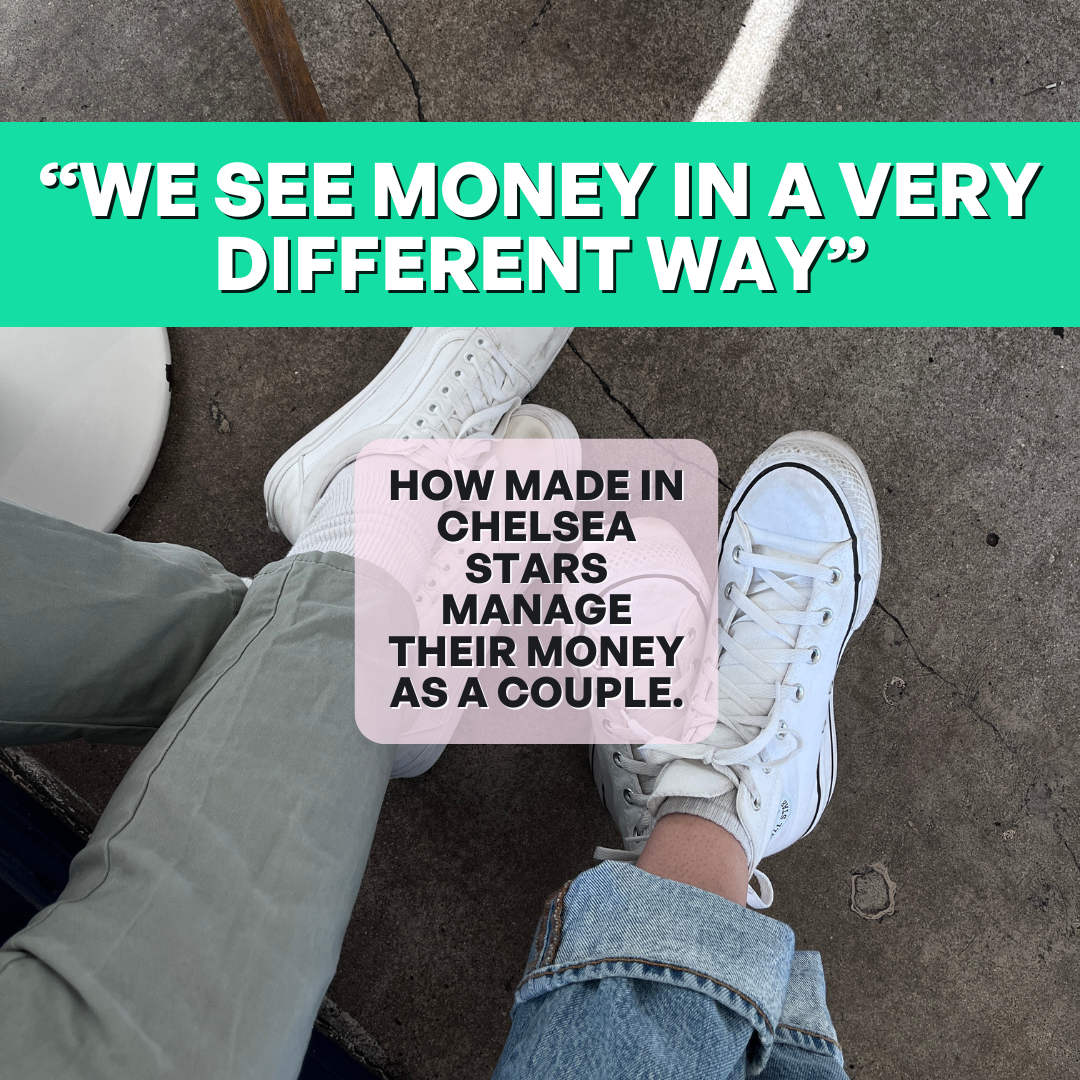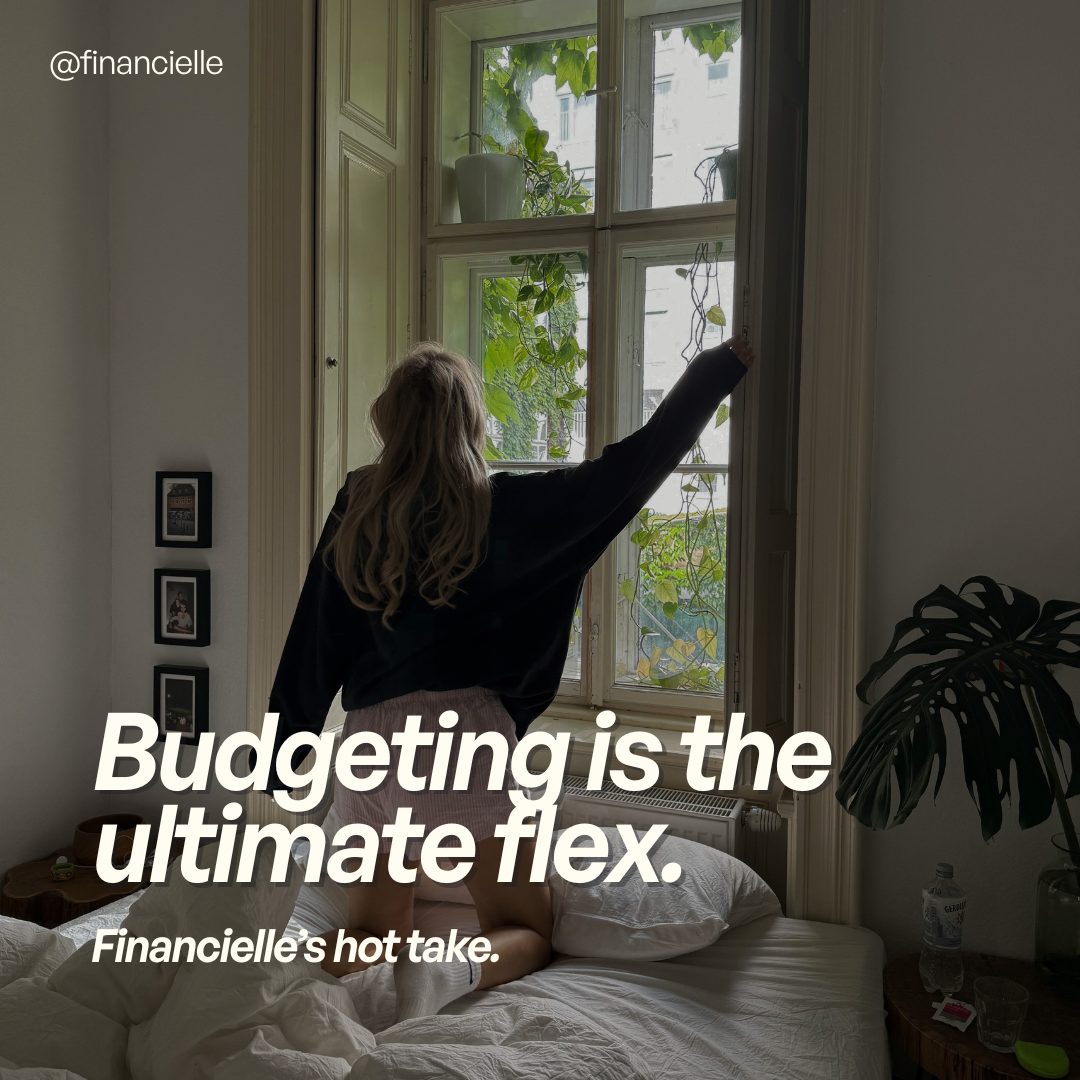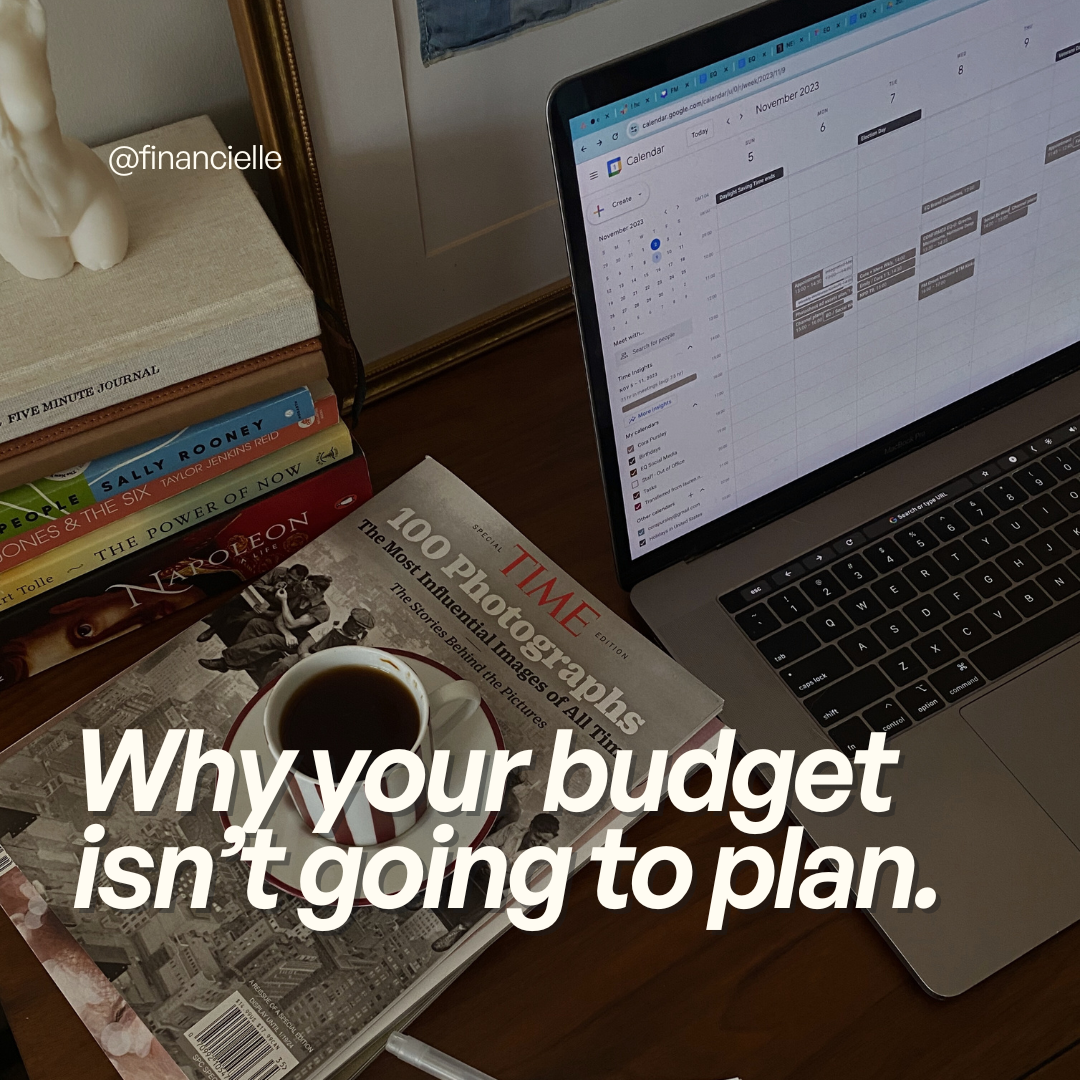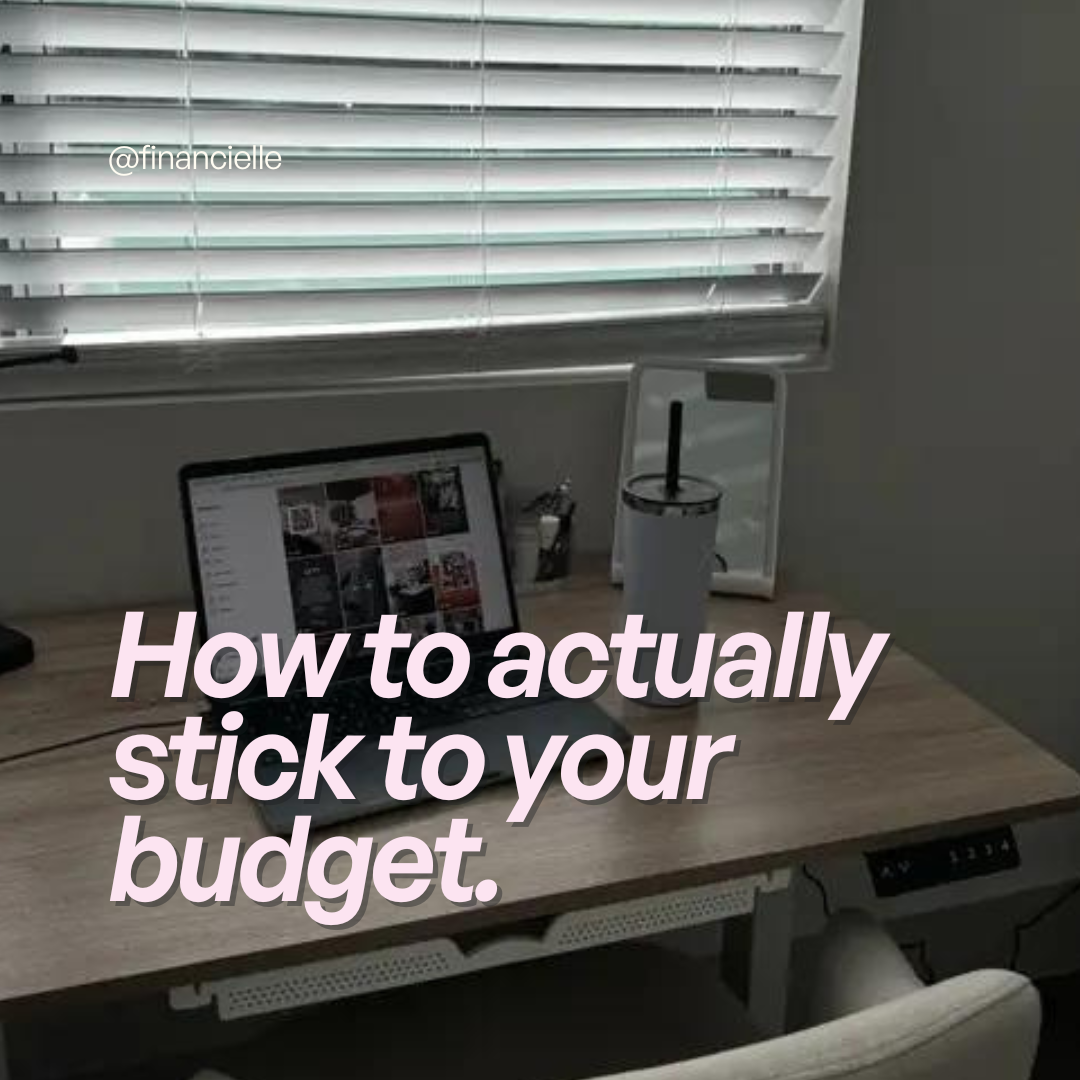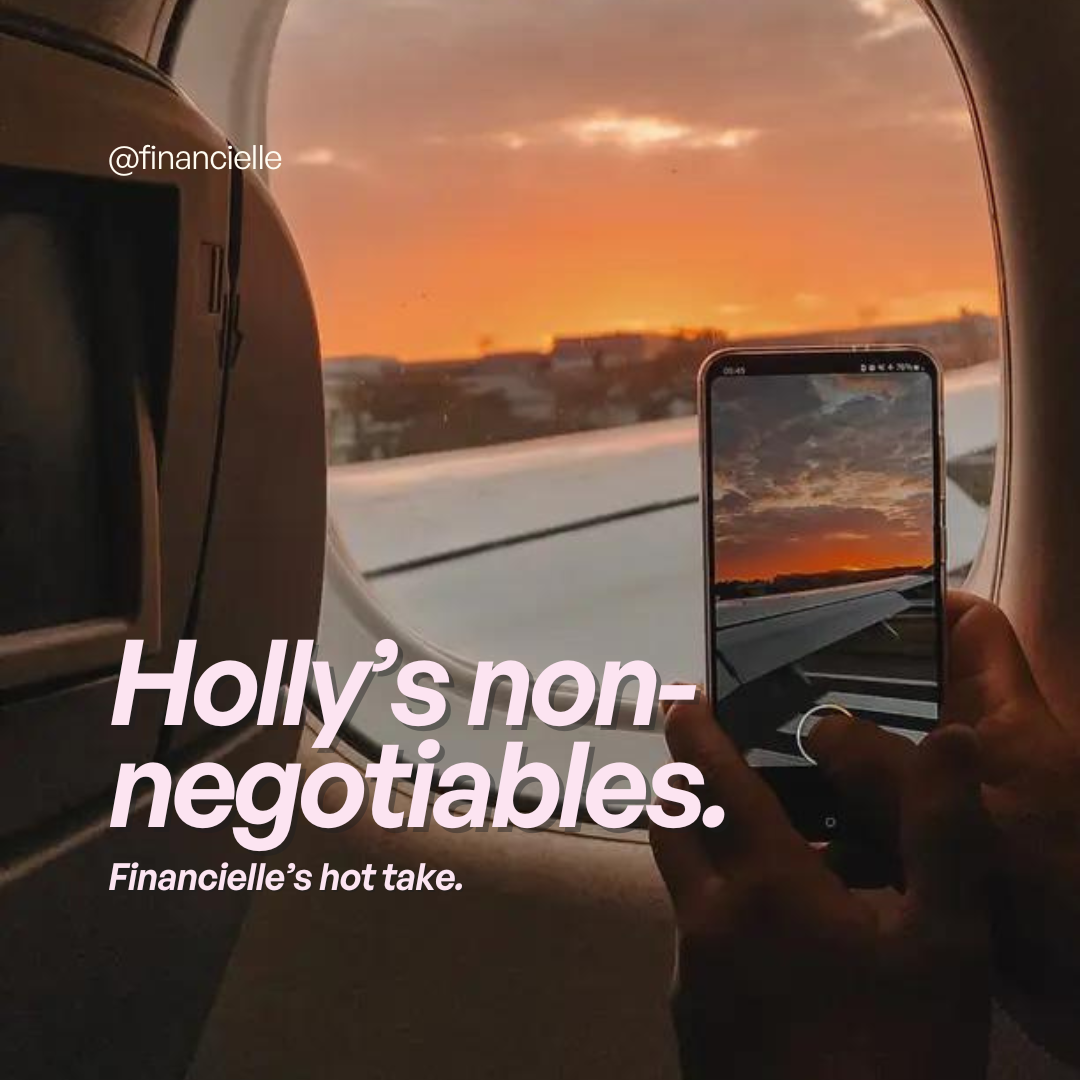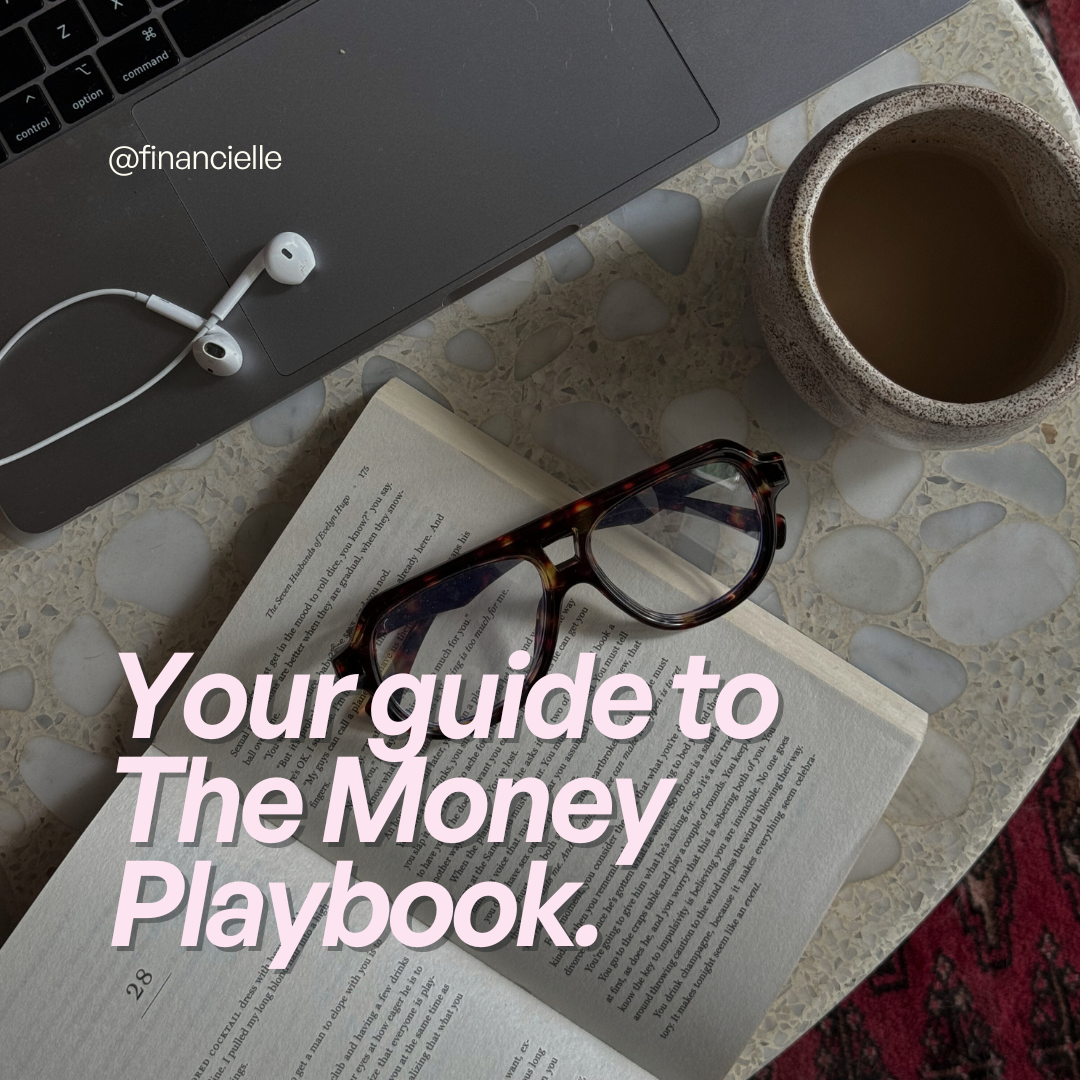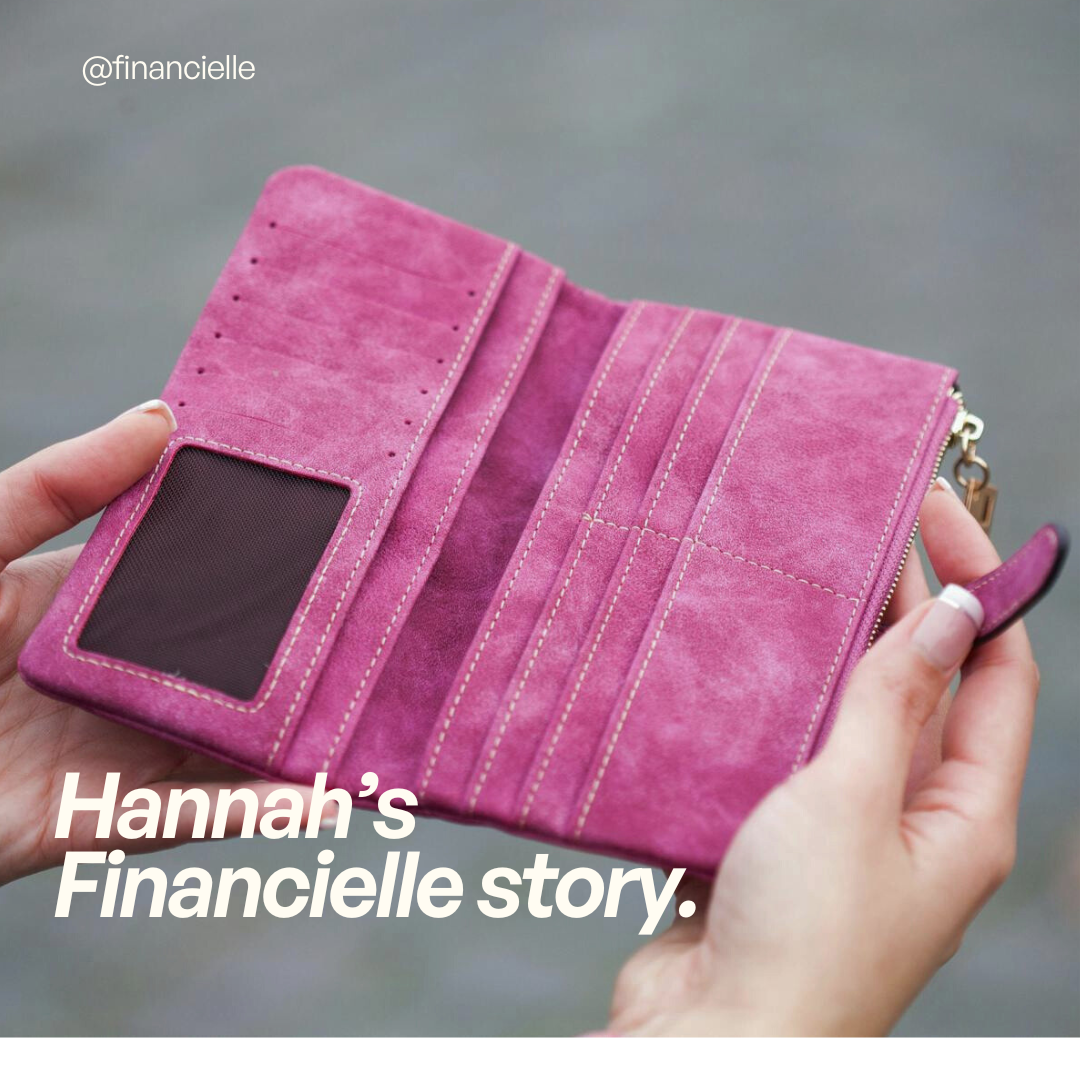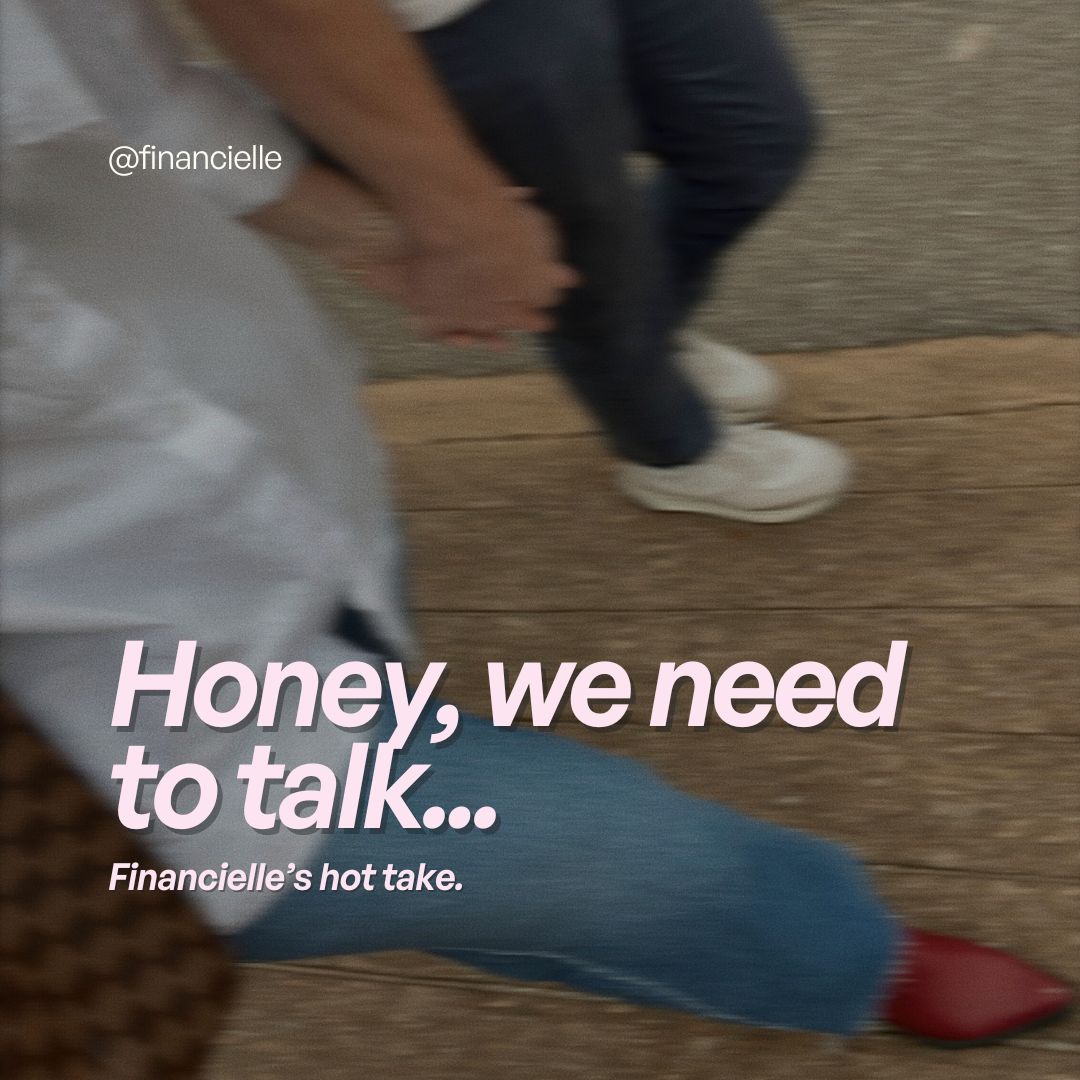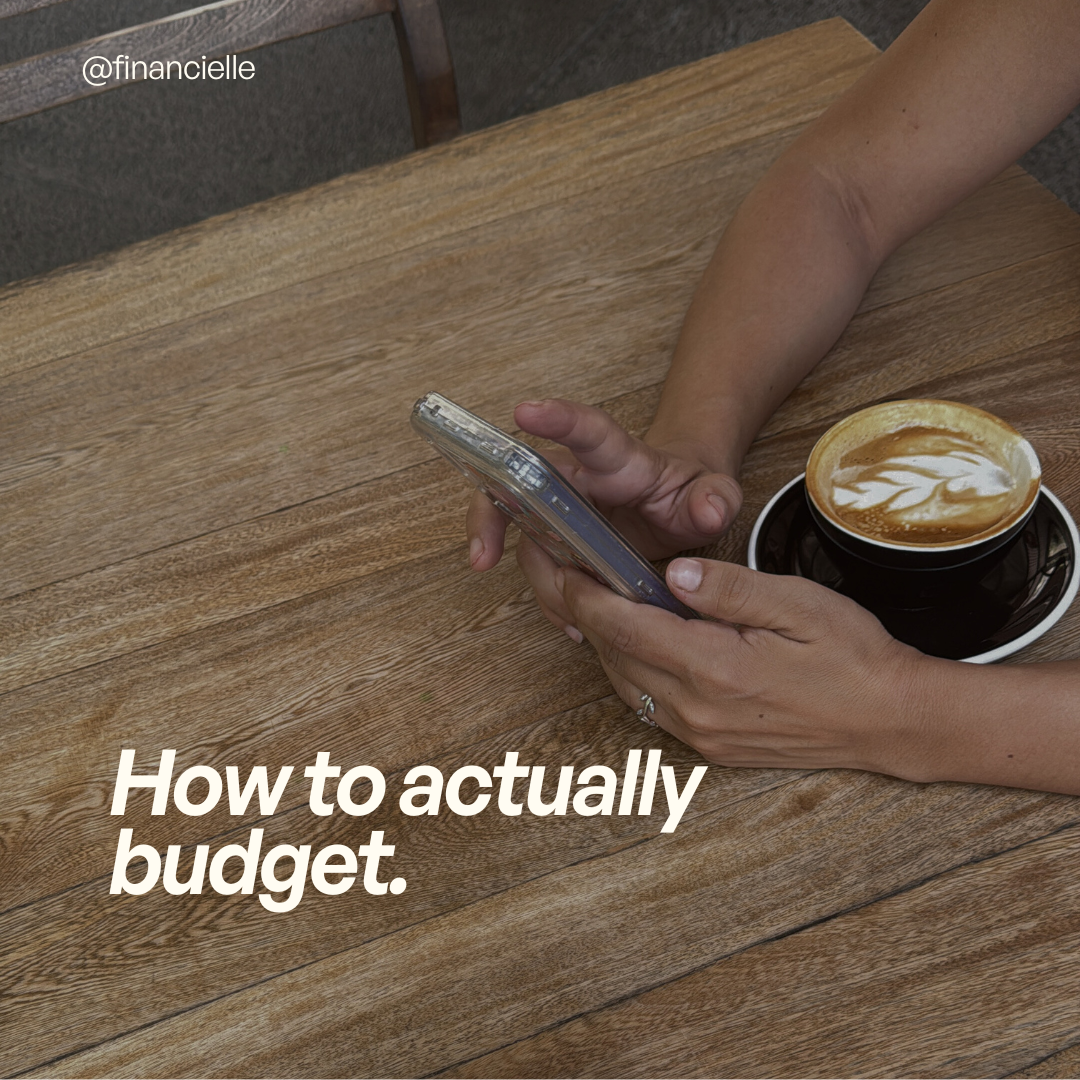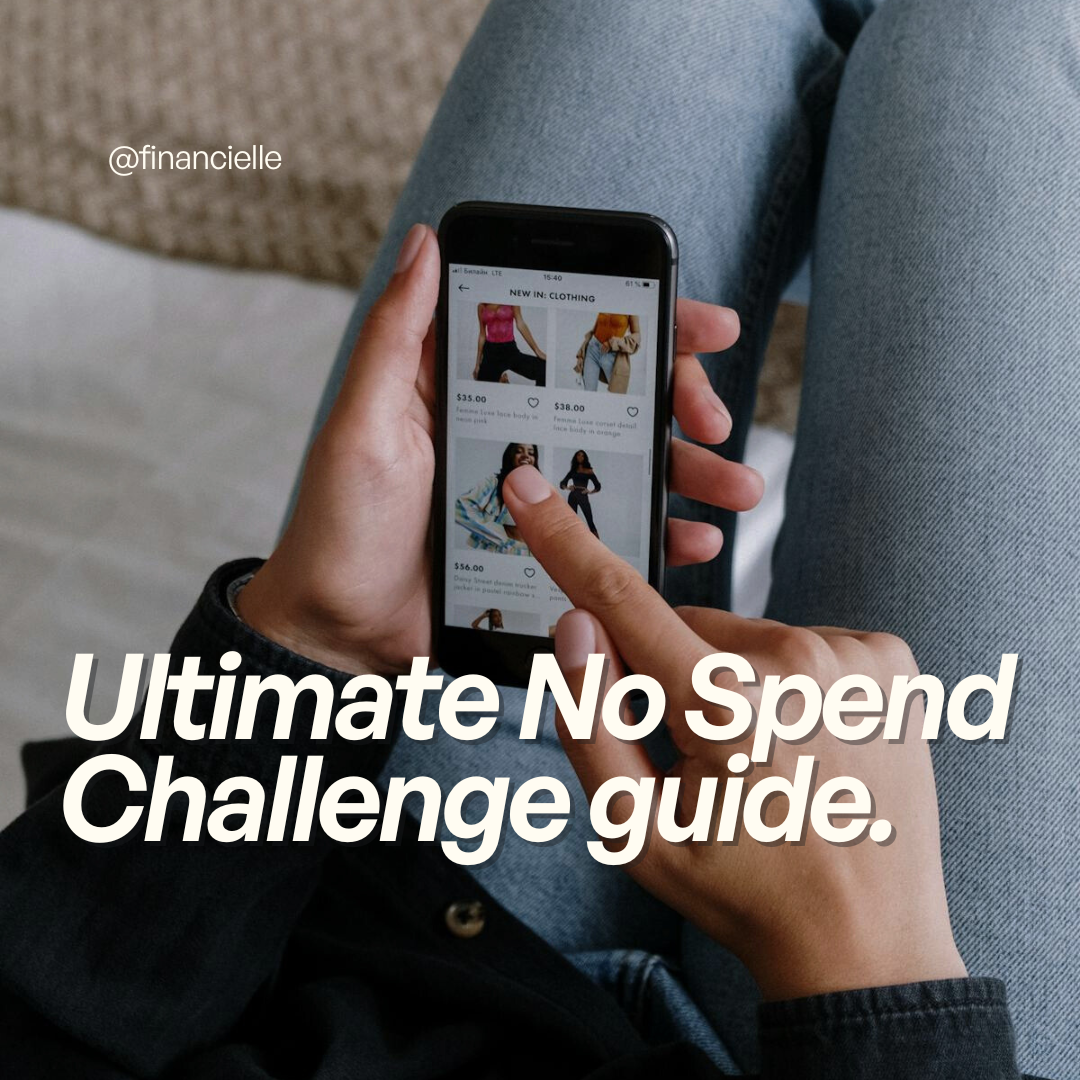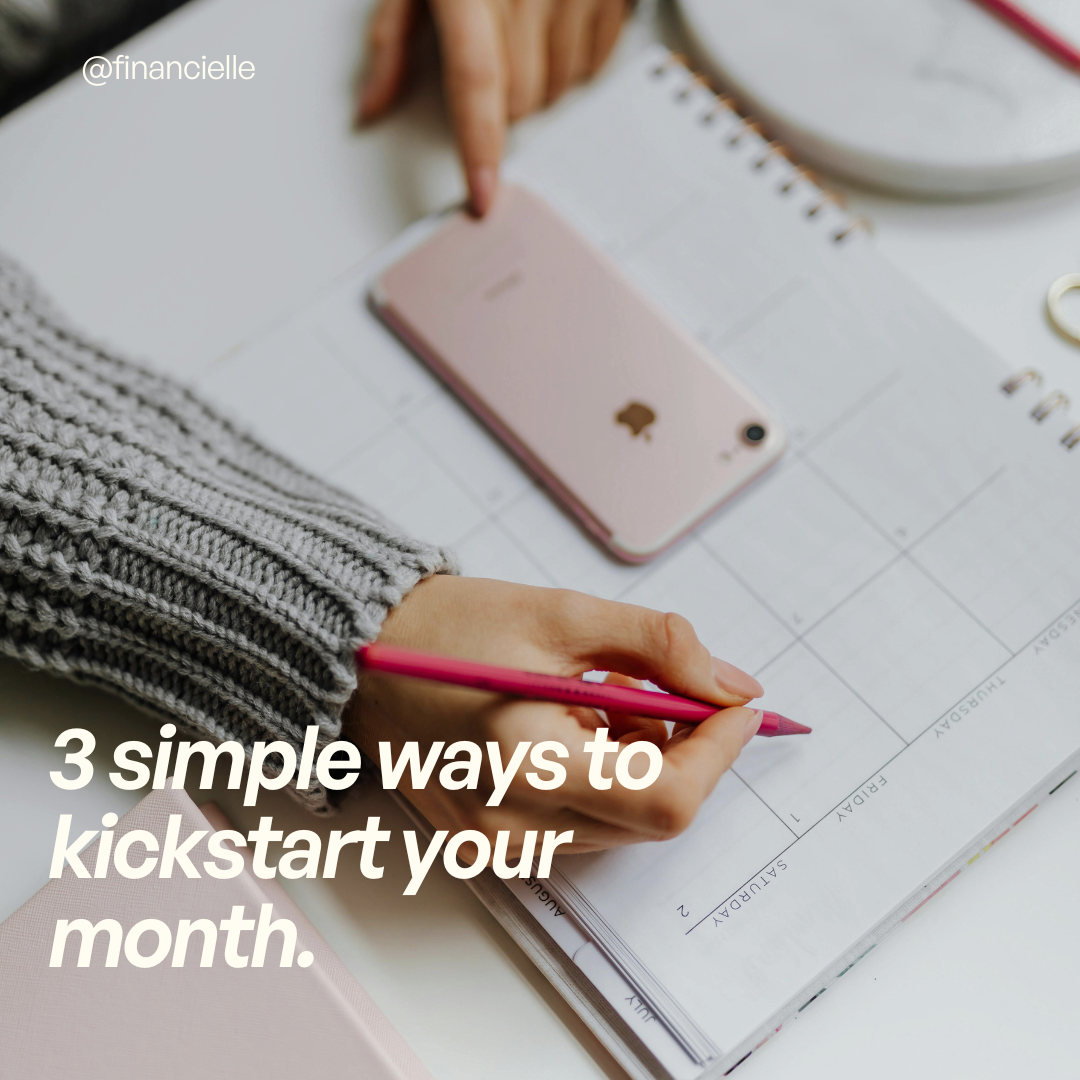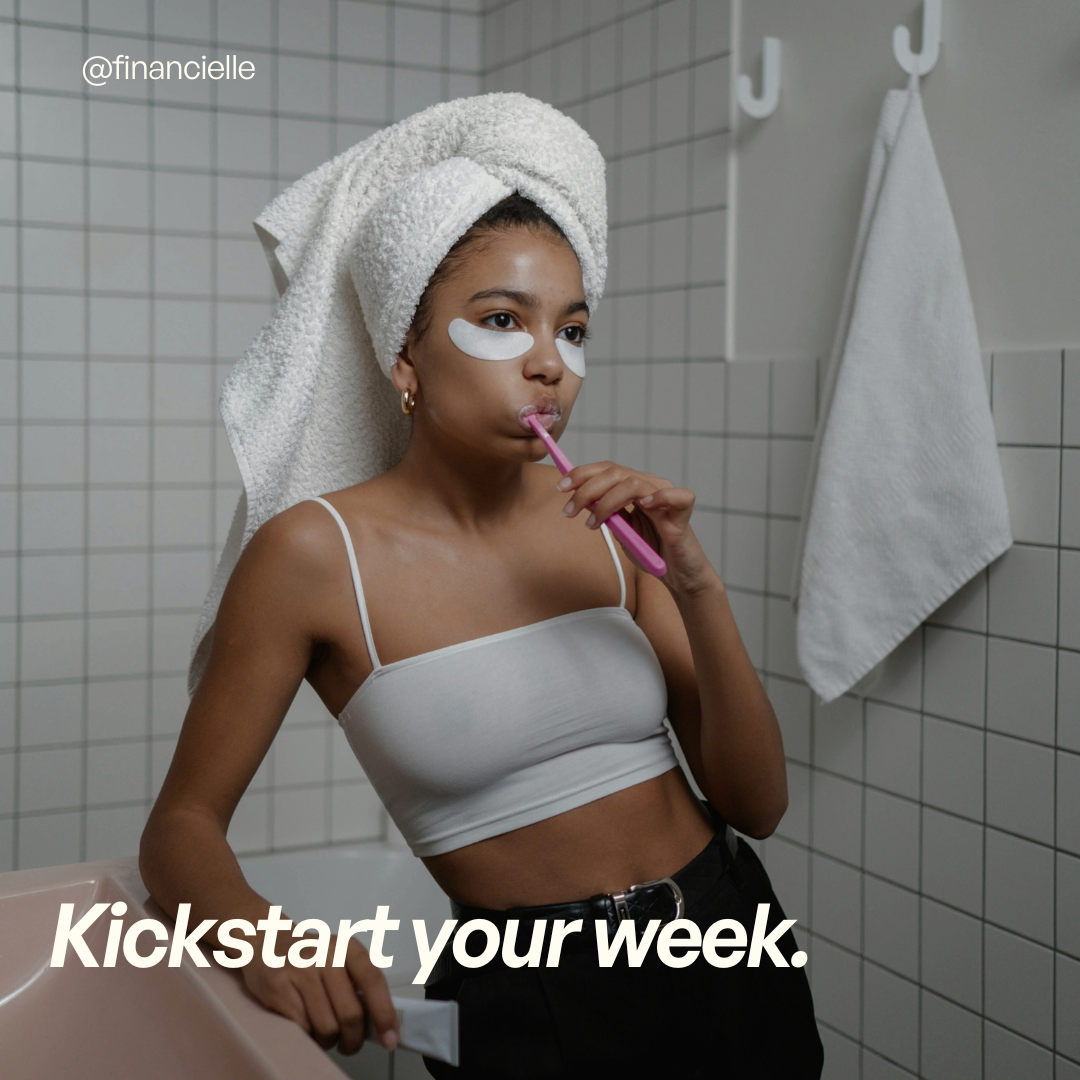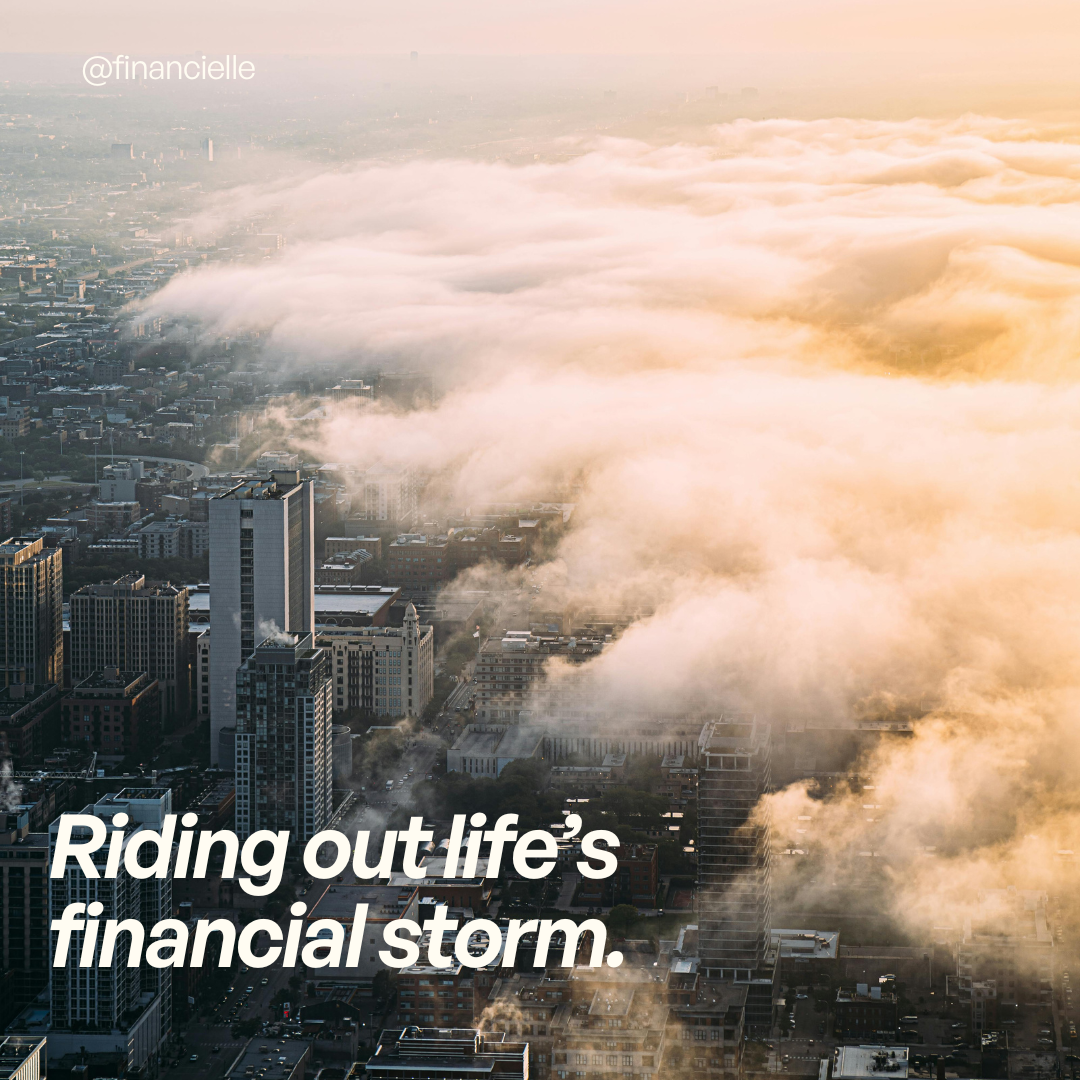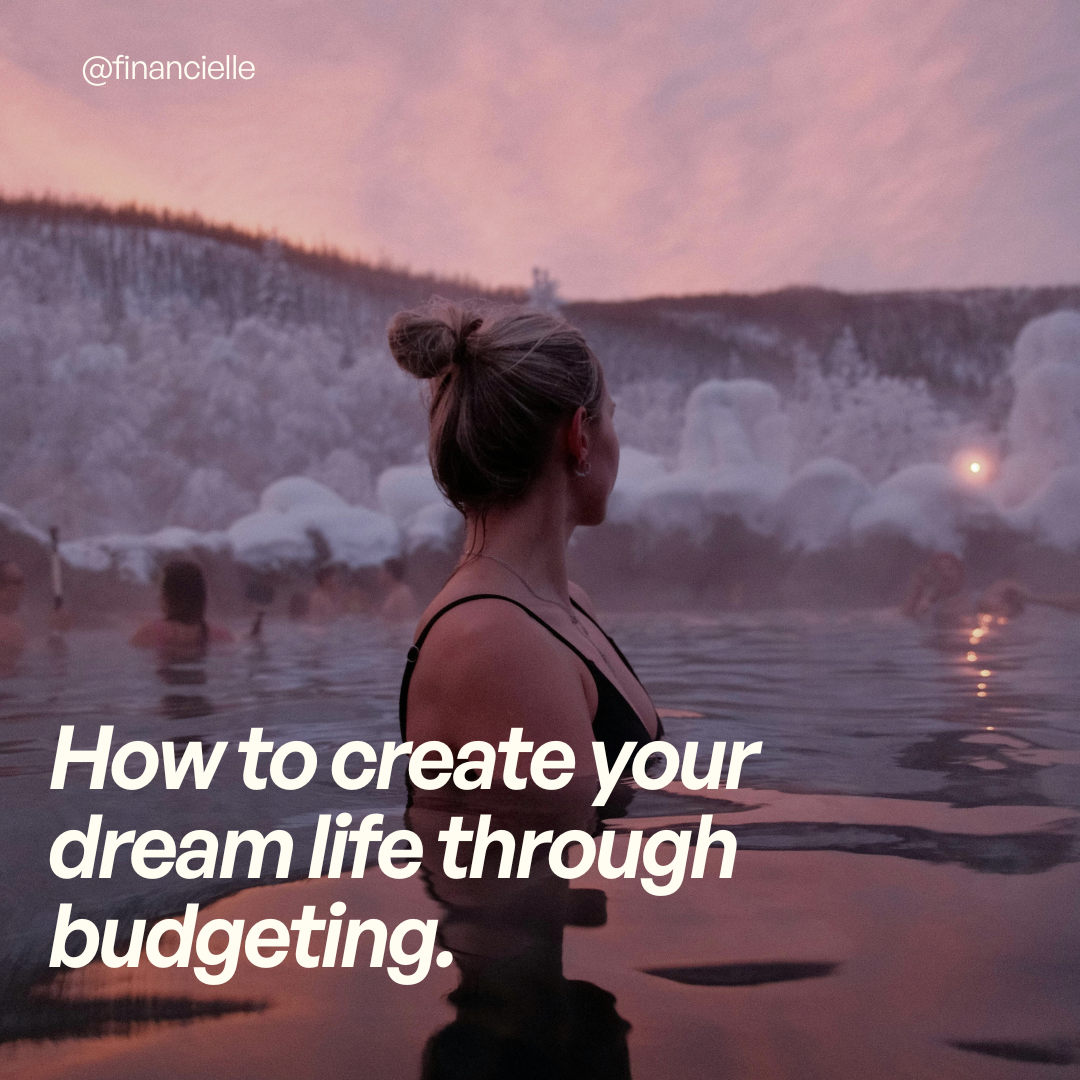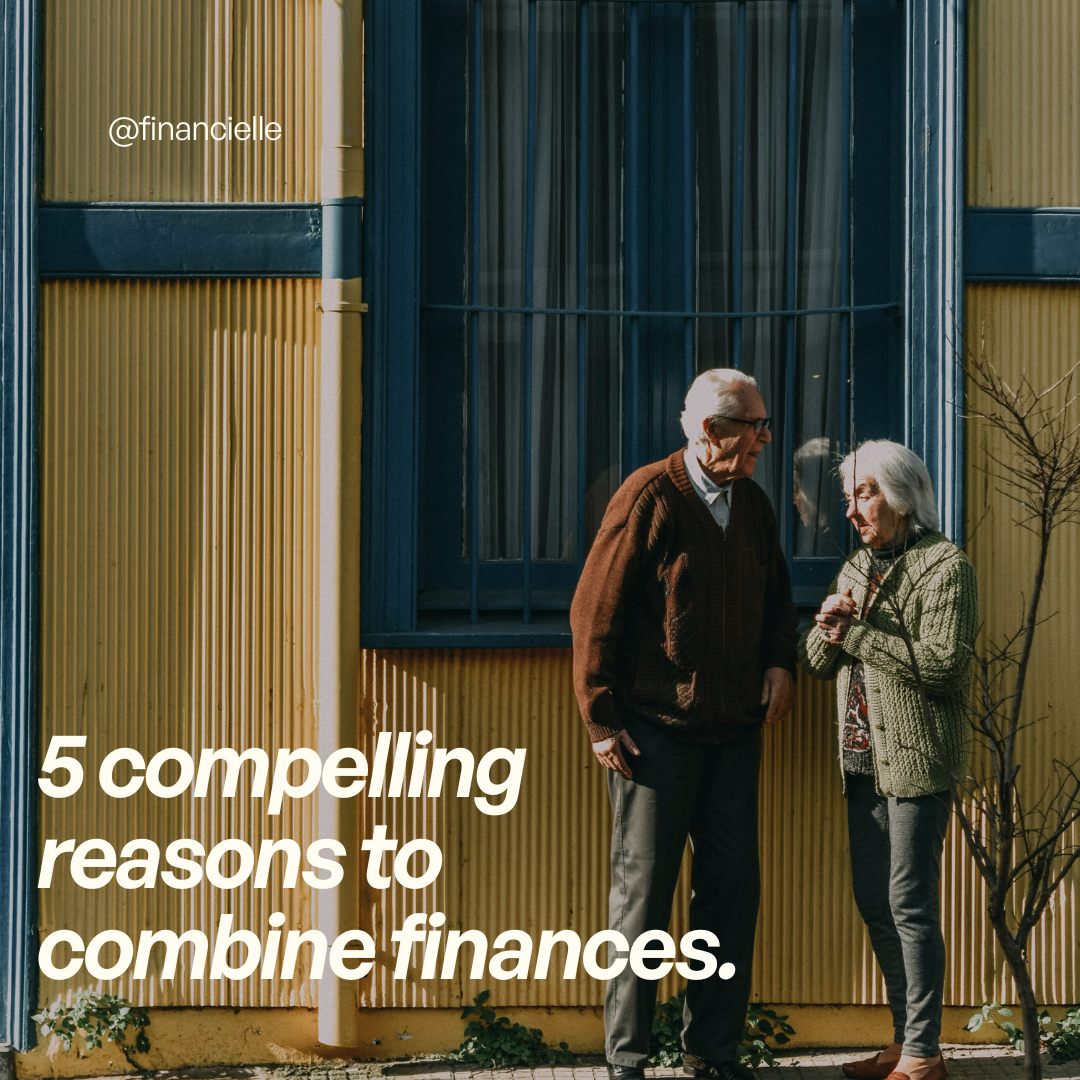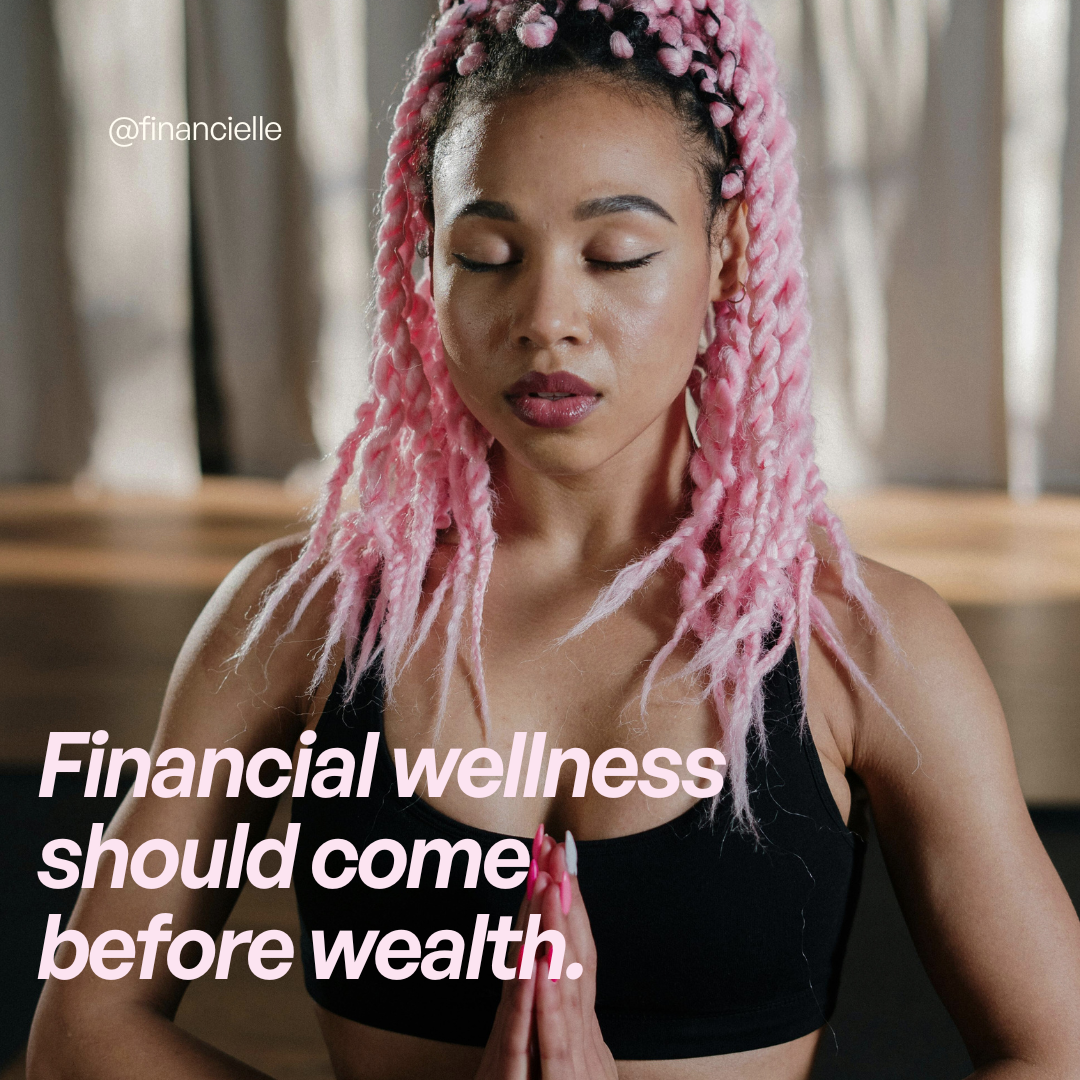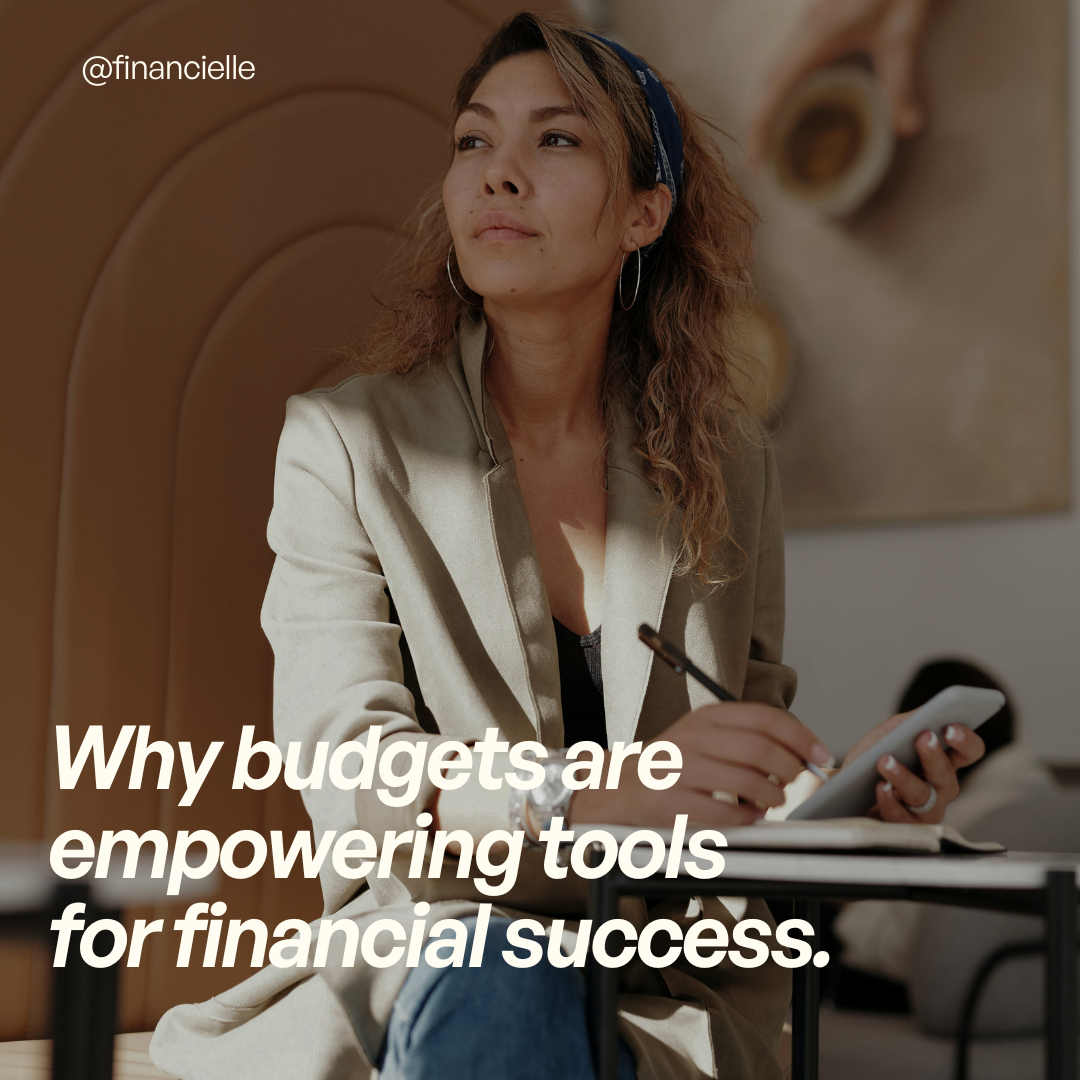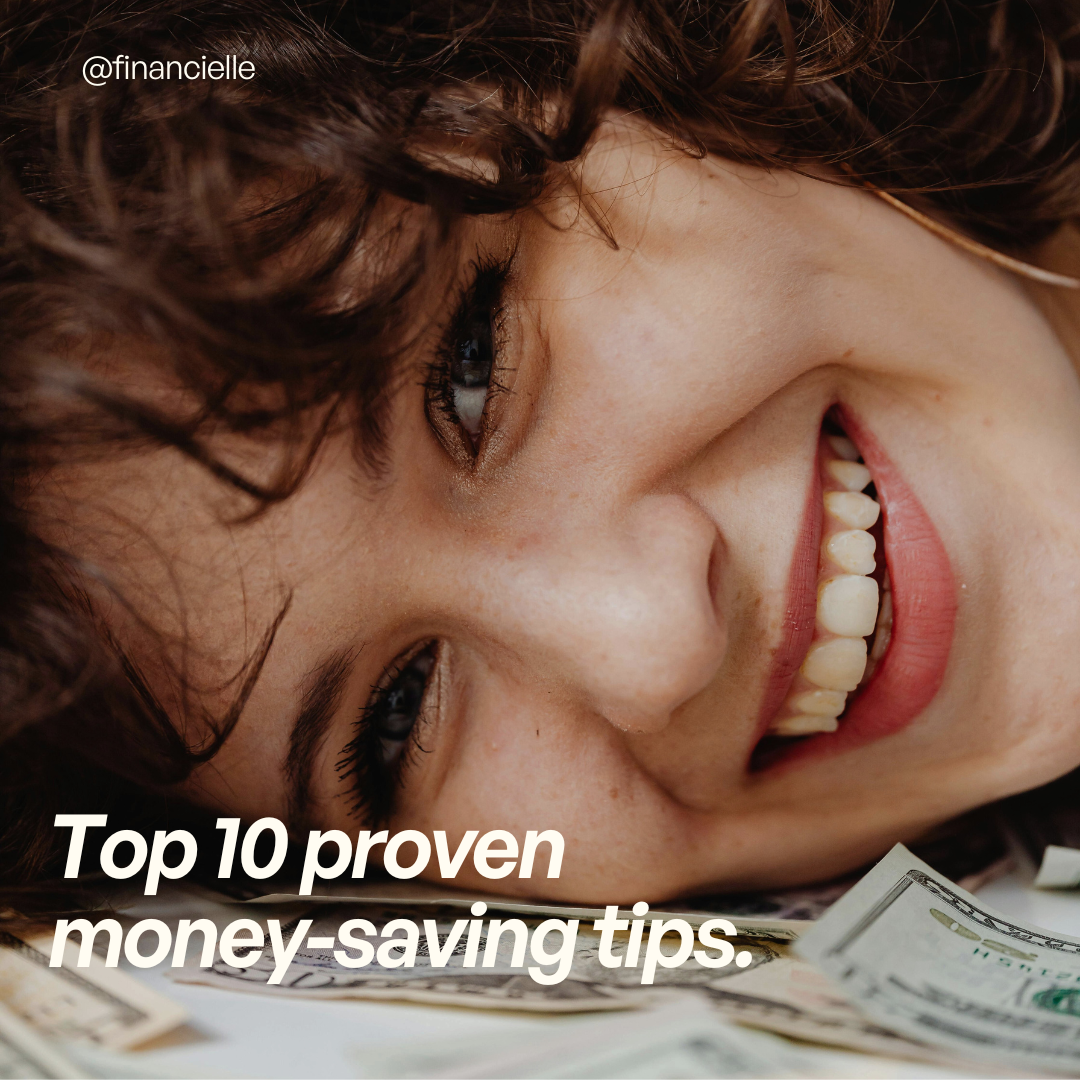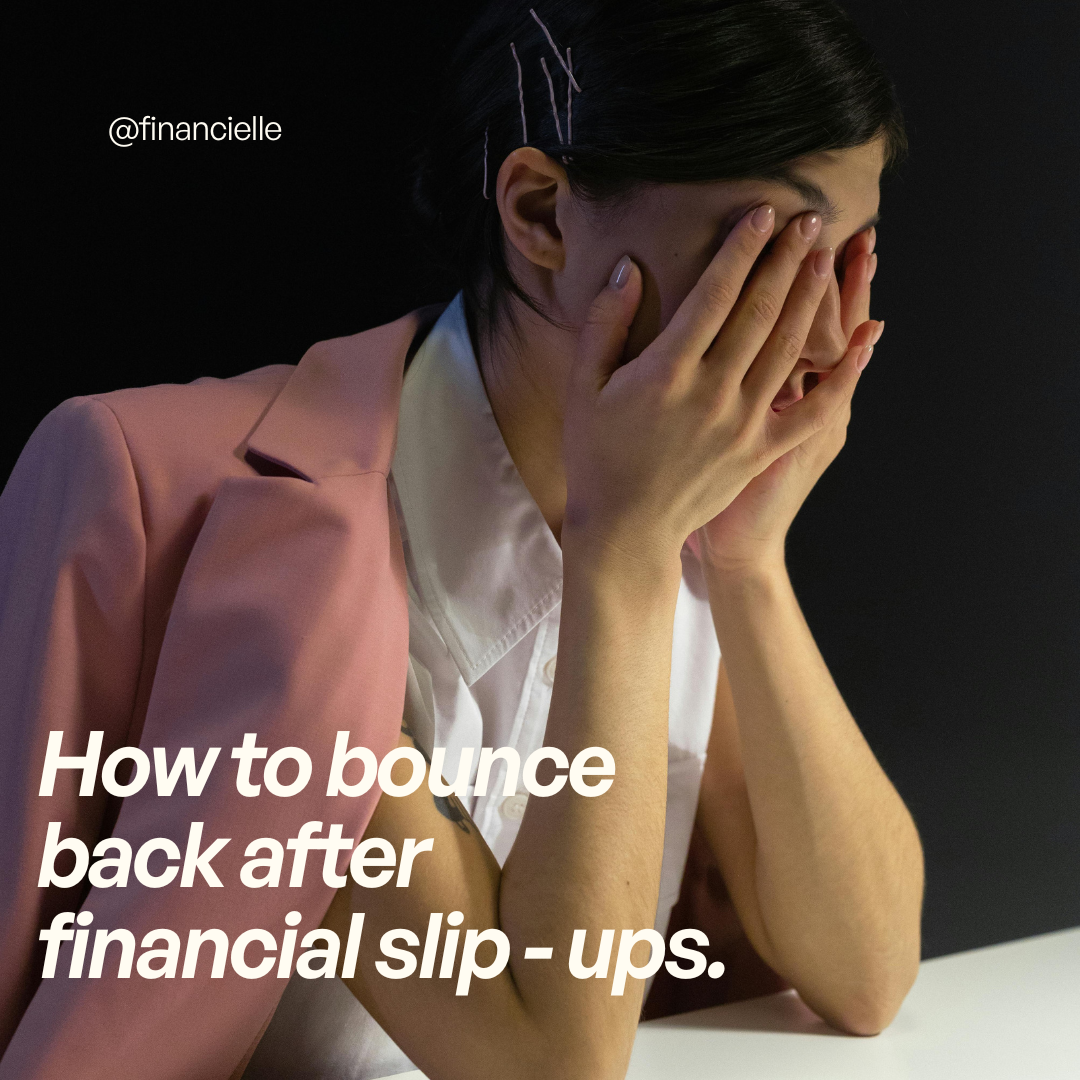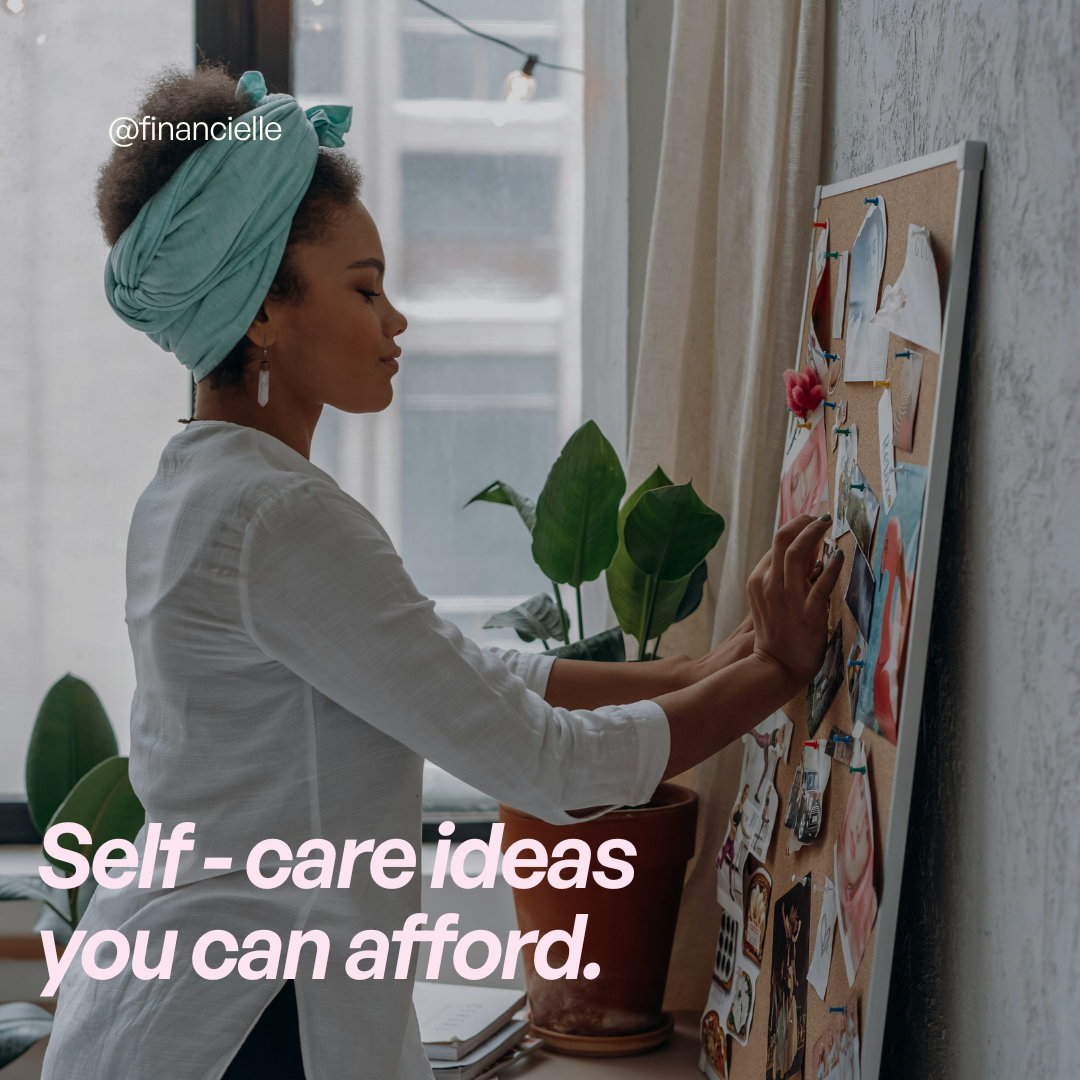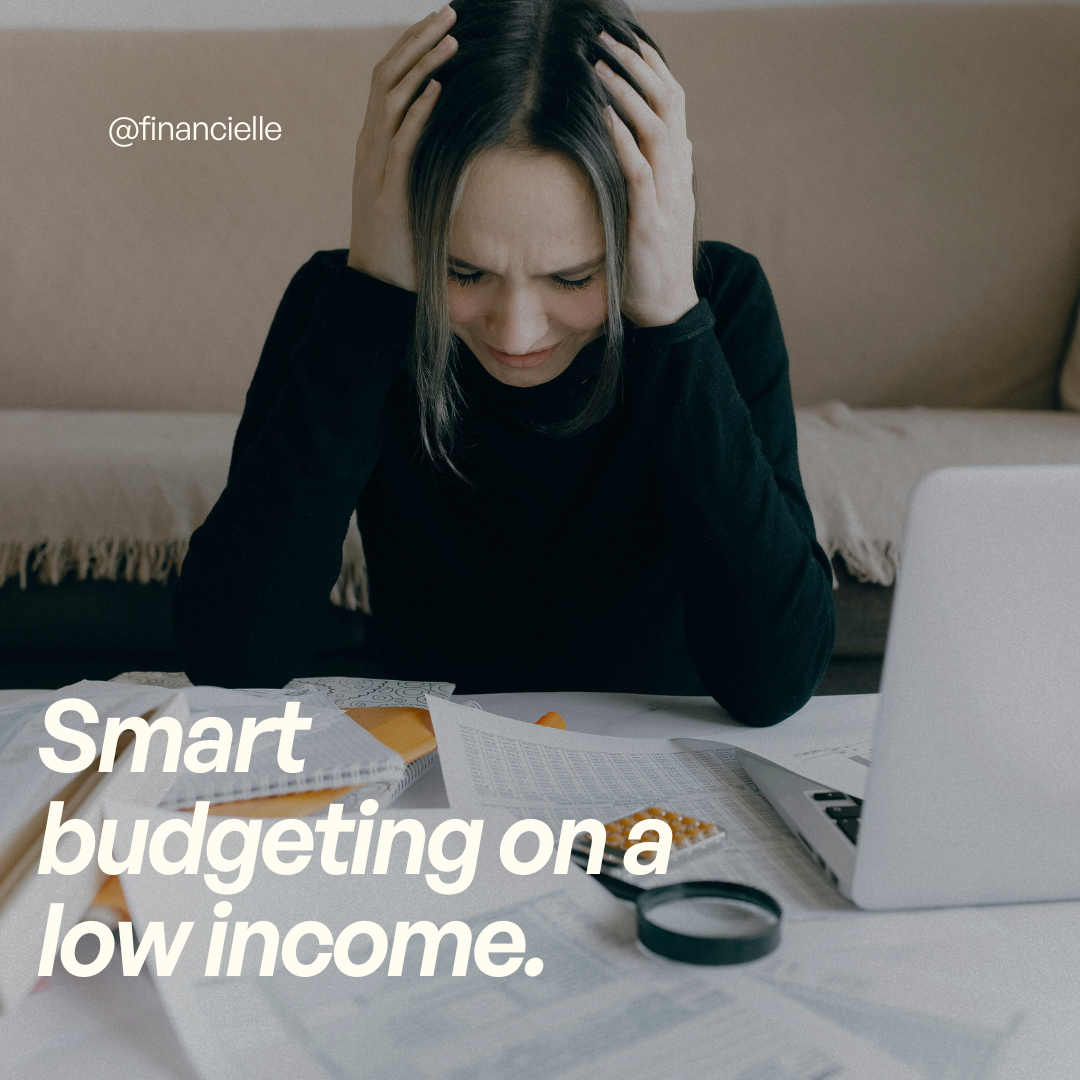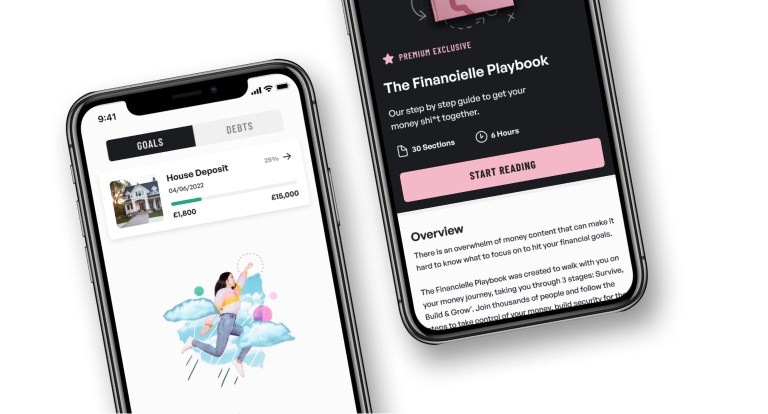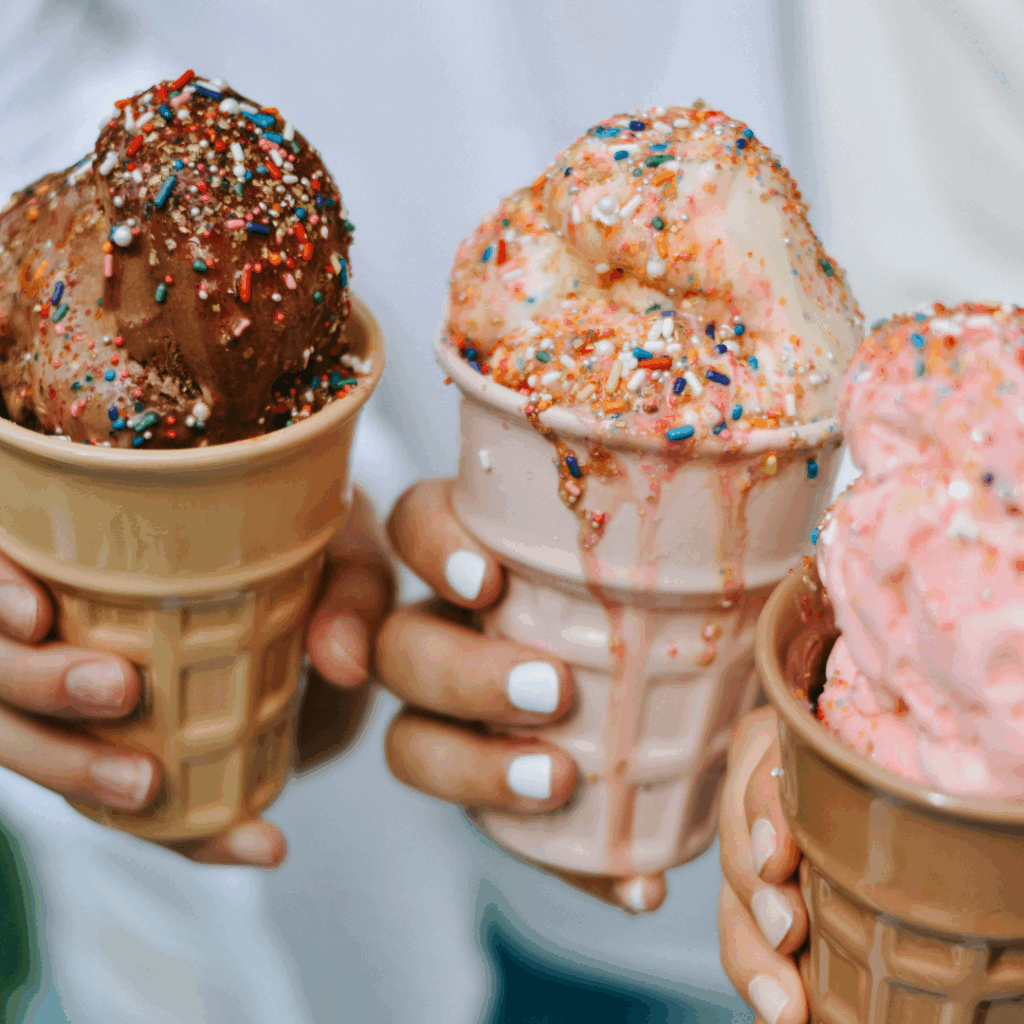
Guest blog by Dr Eliza Filby – How the ‘experience’ economy corrupted parenting Pt.1
14 days agoFor the past couple of years, autumn in our house has been Strictly Come Dancing season. From September to Christmas, our weekends revolve around sequins and spirited debates over the pasodoble. It’s one of those rare moments of multi-generational unity—when a single TV show manages to bridge the ever-widening content divide between Baby Boomers and Gen Alpha. So, swept up in the competition this year, I took the plunge and splurged on Strictly Live tickets for my kids, who are seven and four—an eye-watering expense for a night at the O2 this February.
I’d gone for the cheapest seats, which meant the dancers looked like matchstick figures twirling in the distance. I’d packed snacks and water, only to be told they weren’t allowed into the venue. Eventually, I caved to the call of pick ’n’ mix for an extortionate £28. My friend and I resorted to wine to cope with the sheer sensory overload. It was a great show, but all in, the night cost close to £300.
There was a real thrill in seeing Strictly live no doubt. But as I sat there, I started thinking about all the other so-called ‘experiences’ I’ve paid for over the years. Let’s start with every single Julia Donaldson book brought to life on stage— tip: don’t take them too young, seeing a life-sized Gruffalo under 4 means a month full of nightmares. The six-week course in Brazilian drumming, which I was convinced would help channel my toddler’s aggression (spoiler: it didn’t). However charming the interiors and enthralling the Nordic-inspired wooden adventure park, I rarely come out of a National Trust property without being £100 down. And have you noticed how every season now seems to come with its own themed ‘hunt.’ The worst? Pumpkin search at Halloween, where I strongly suspect the organizers have simply scattered a pile of shop-bought pumpkins onto an urban green space….
One of the strangest? A Halloween rave in Vauxhall, where nostalgic parents re-lived their clubbing days while their mildly horrified children looked on. Christmas of course is another level with Santa’s Grotto’s booking process designed for those who think about the festive season in August. Thankfully, my kids aren’t Swifties (yet), but I know plenty of parents who forked out hundreds last year to see her live. I never made it to the infamous Willy Wonka Experience in Glasgow, but honestly, I had FOMO.
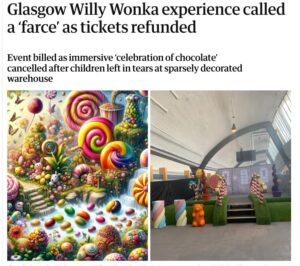
Surely, I’m not the only parent who seriously questions all this money spent on supposedly #makingmemories. And surely, I’m not the only parent who can say with certainty that the best memories I’ve had with my kids have not been at these events. Often the predominant memory at said events is of me screaming at my kids to behave or observing other parents screaming at their kids to behave. Our parents never did any of this.
In a world lived mainly in the virtual, these experiences, we are told, bring us together – but do they? How many are precisely designed for the virtual world? Maybe for social media, or increasingly, for the private family WhatsApp groups where the urge for ‘demonstrative’ parenting is felt as much as on any social network.
The main zone where our modern family desire for ‘experiences’ is playing out is in travel. I remain completely seduced by those tales of parents who have rejected domesticity and the corporate rat race and go and live off-grid with their young kids in Bali or the like. They’ve escaped the school run, and their kids are fluent in tropical birdsong and busy whittling ceremonial daggers from ethically sourced bark. True, real-world education.
Over the past thirty years as the world opened up and travel became cheap, we ingested the liberal idea that travel broadens the mind. But does it? I’m not so sure. Whoever we are and wherever we go, we tend to navigate towards people just like us. But adventure travel now represents one in five holidays in the UK. The number of families with primary school aged children booking holidays in places like Africa and Thailand has grown by 60% over the previous year with popular destinations now Costa Rica, Belize and Madagascar. The generation of parents who all travelled in their twenties is continuing this passion into parenthood.
It is no coincidence that the rise of the experience economy, especially travel, coincided with the rise of social media and is particularly pronounced in Millennial parents who struggle to afford assets. It’s our generational game of ‘keeping up with the Joneses’.
Click here to read Pt.2 of Dr Eliza Filby’s blog.
Follow Dr Eliza and her work here.

